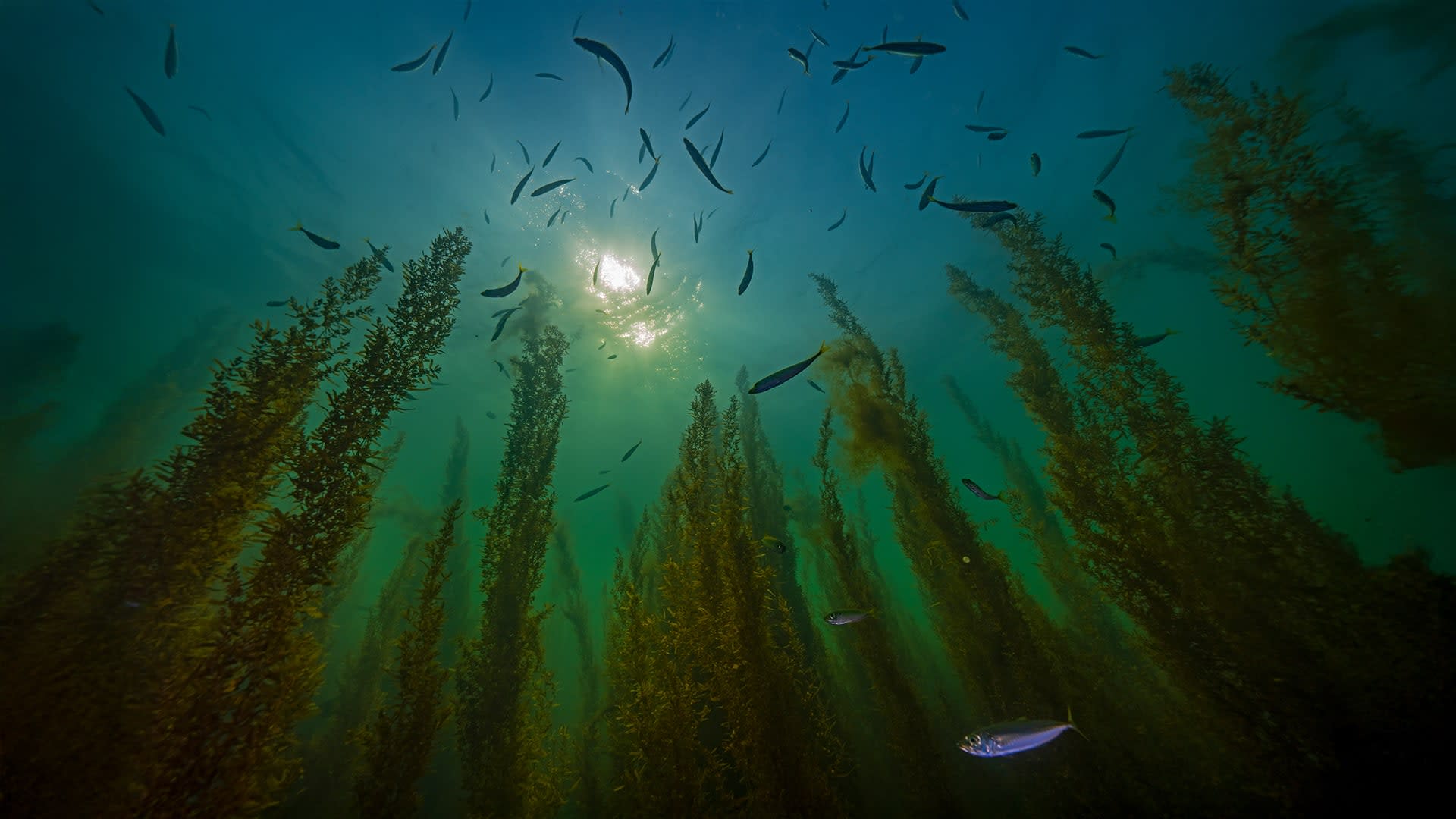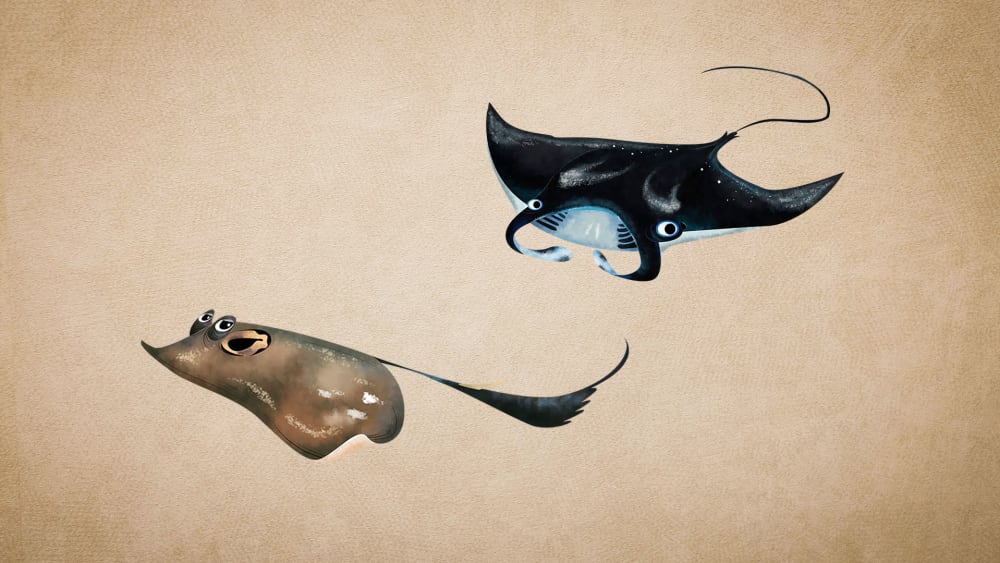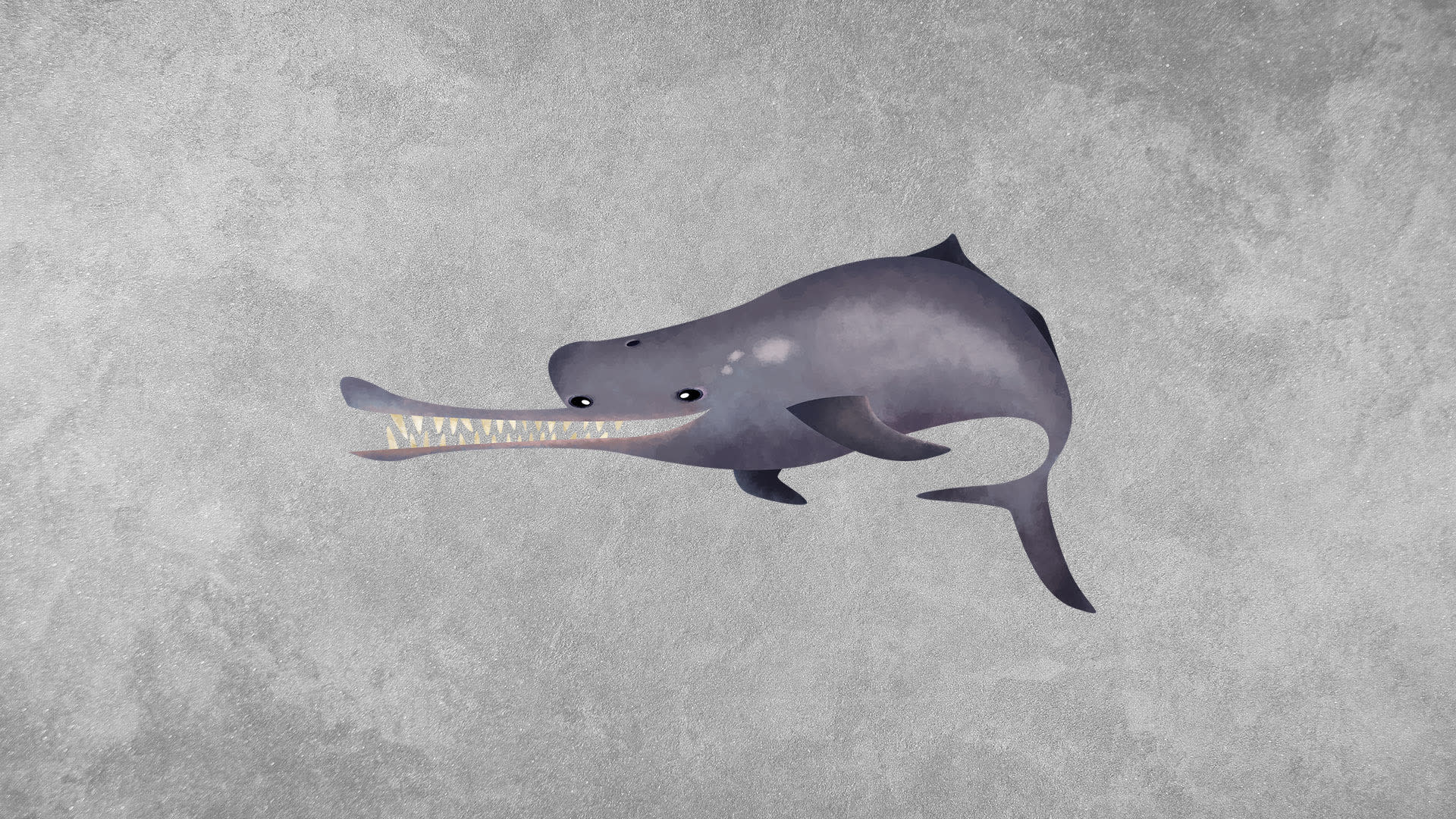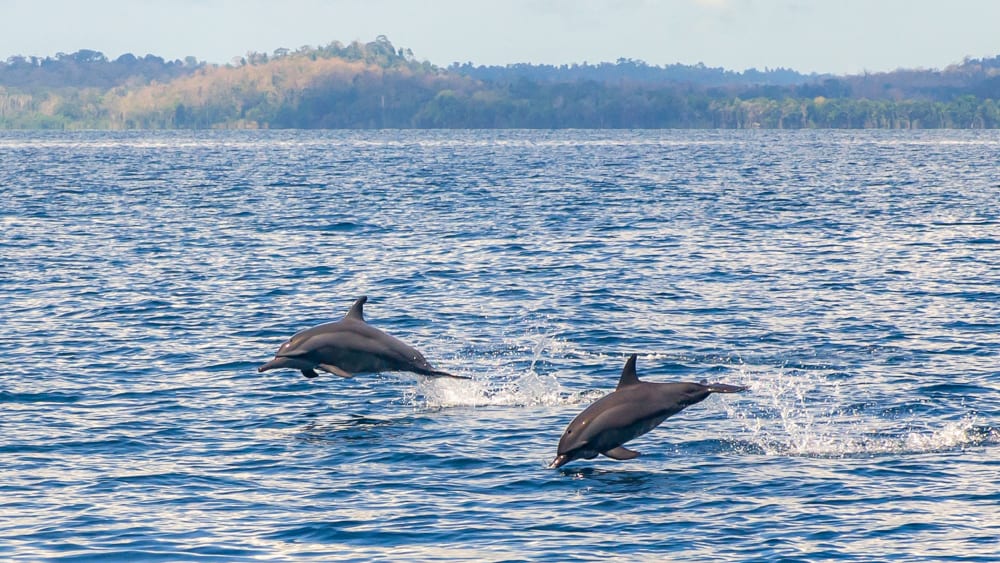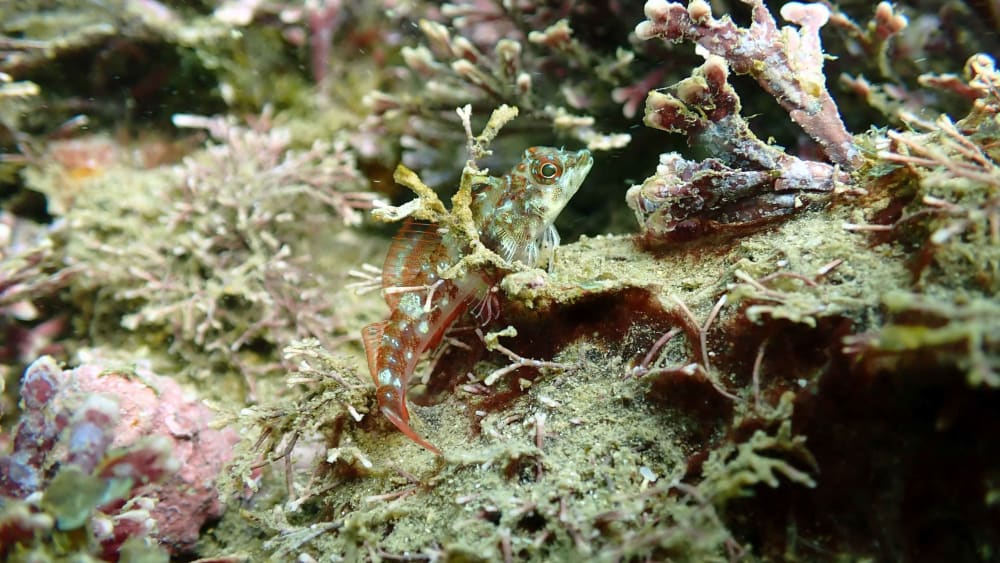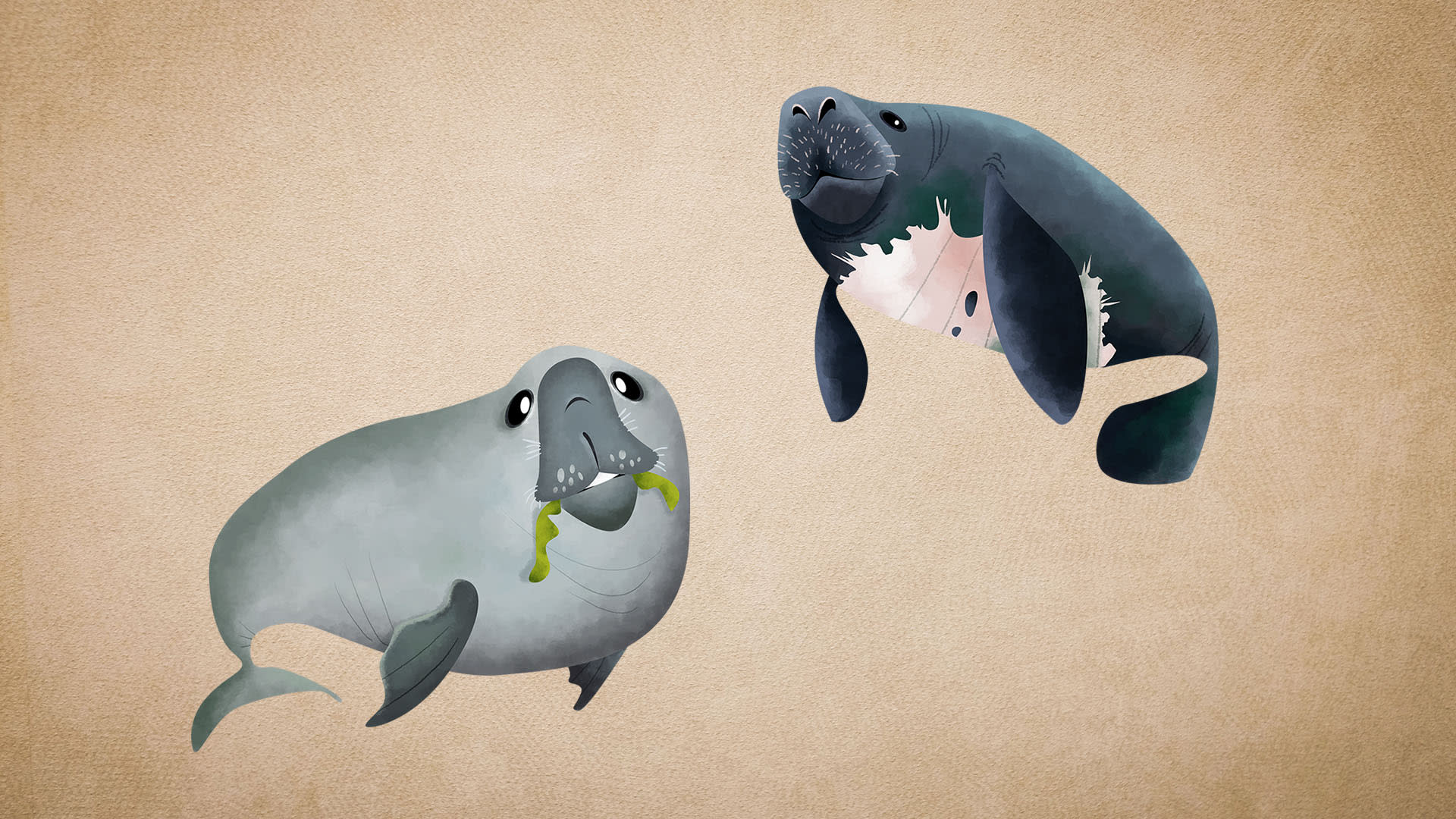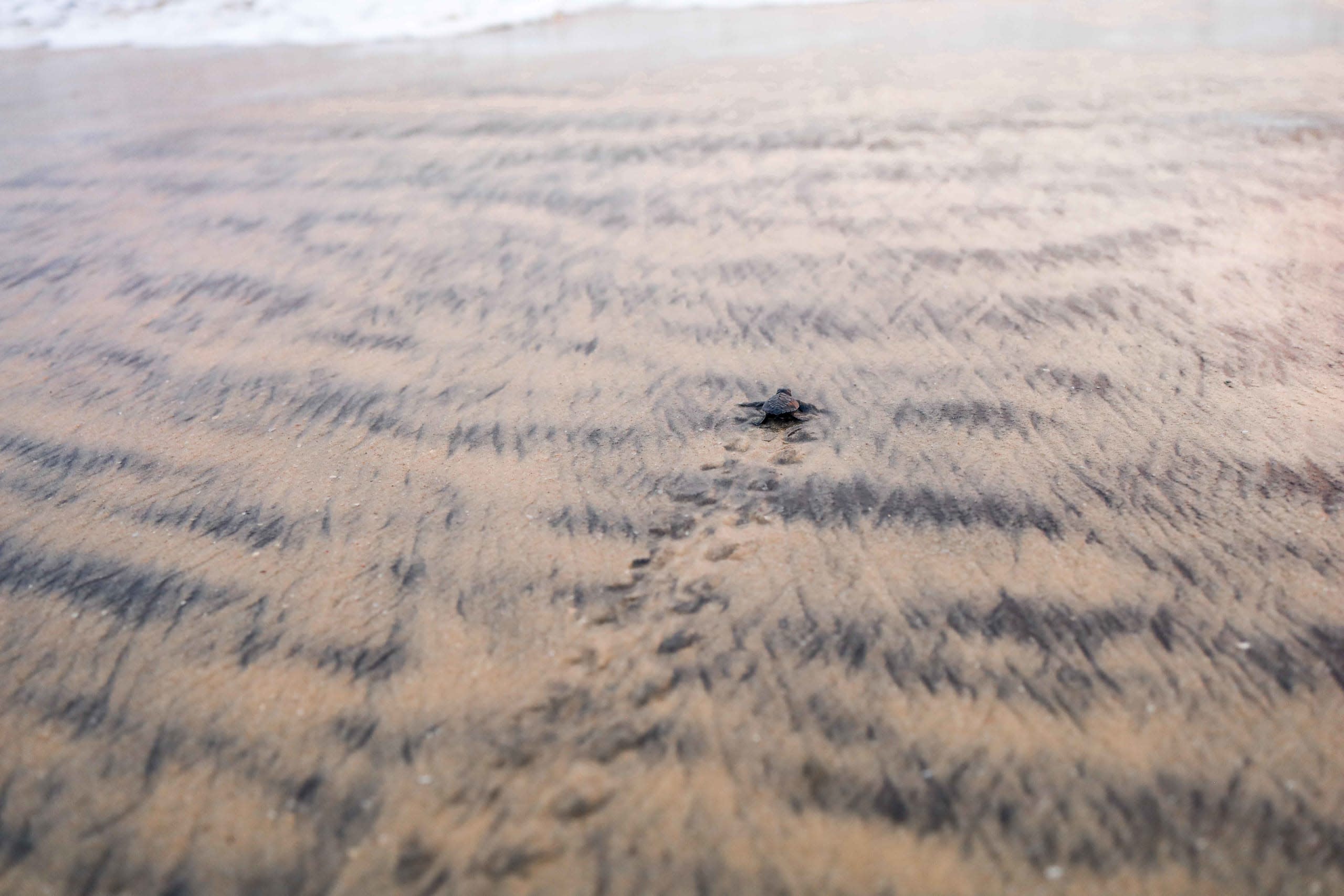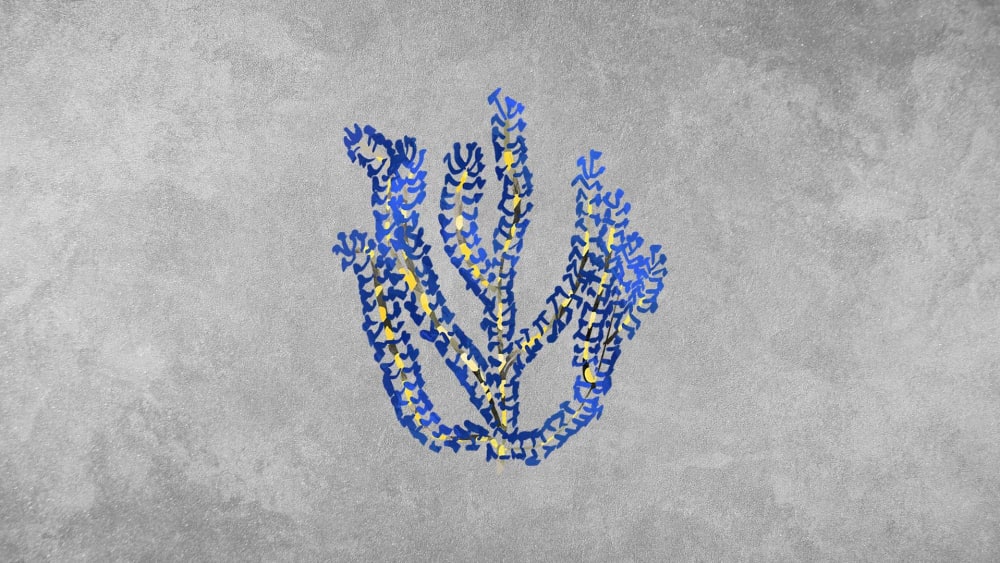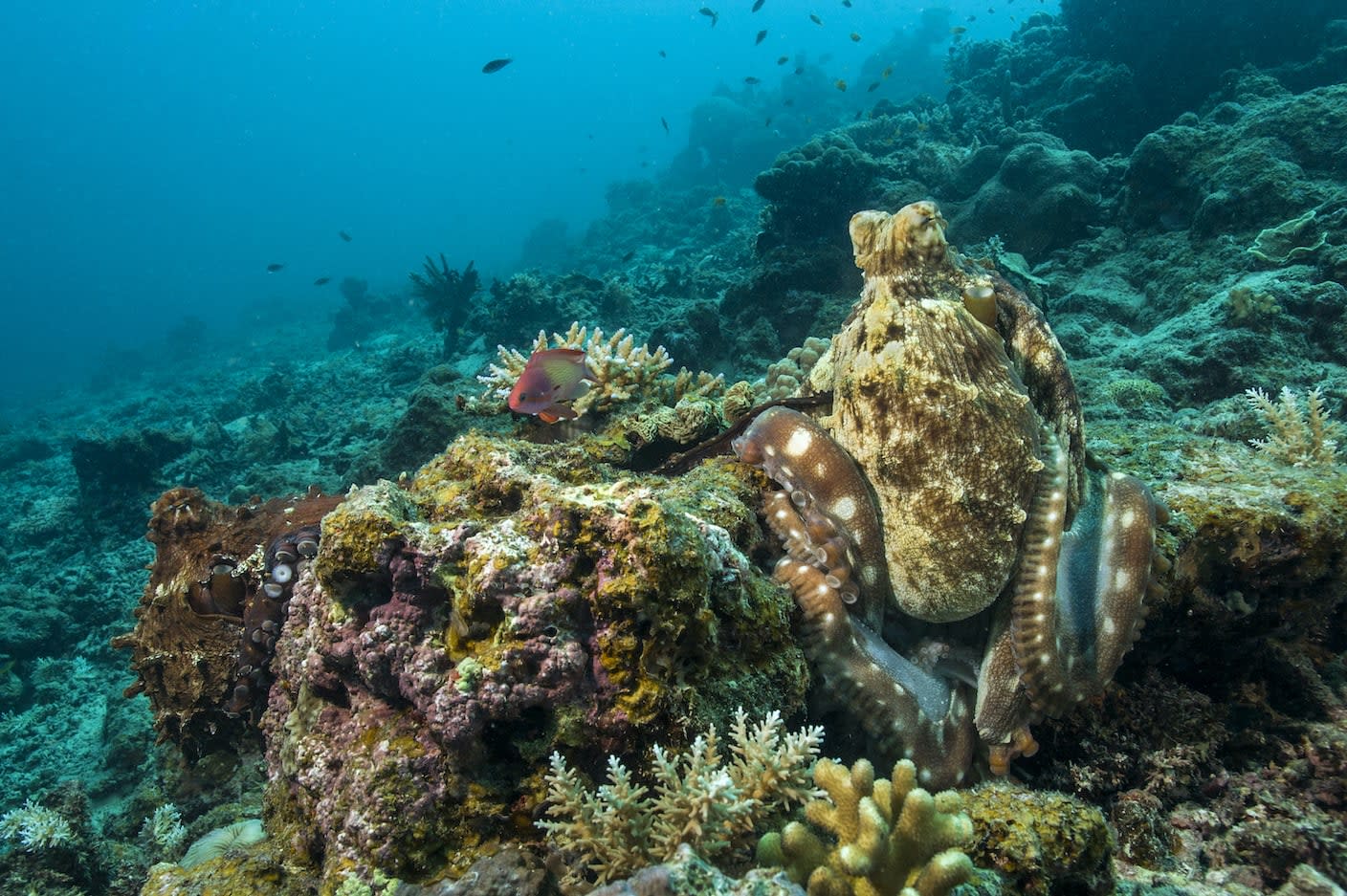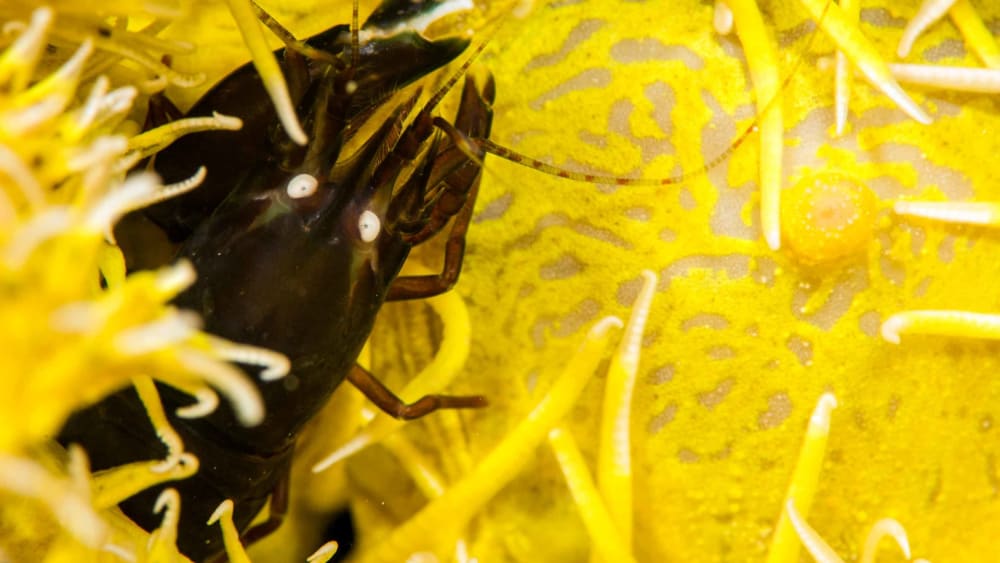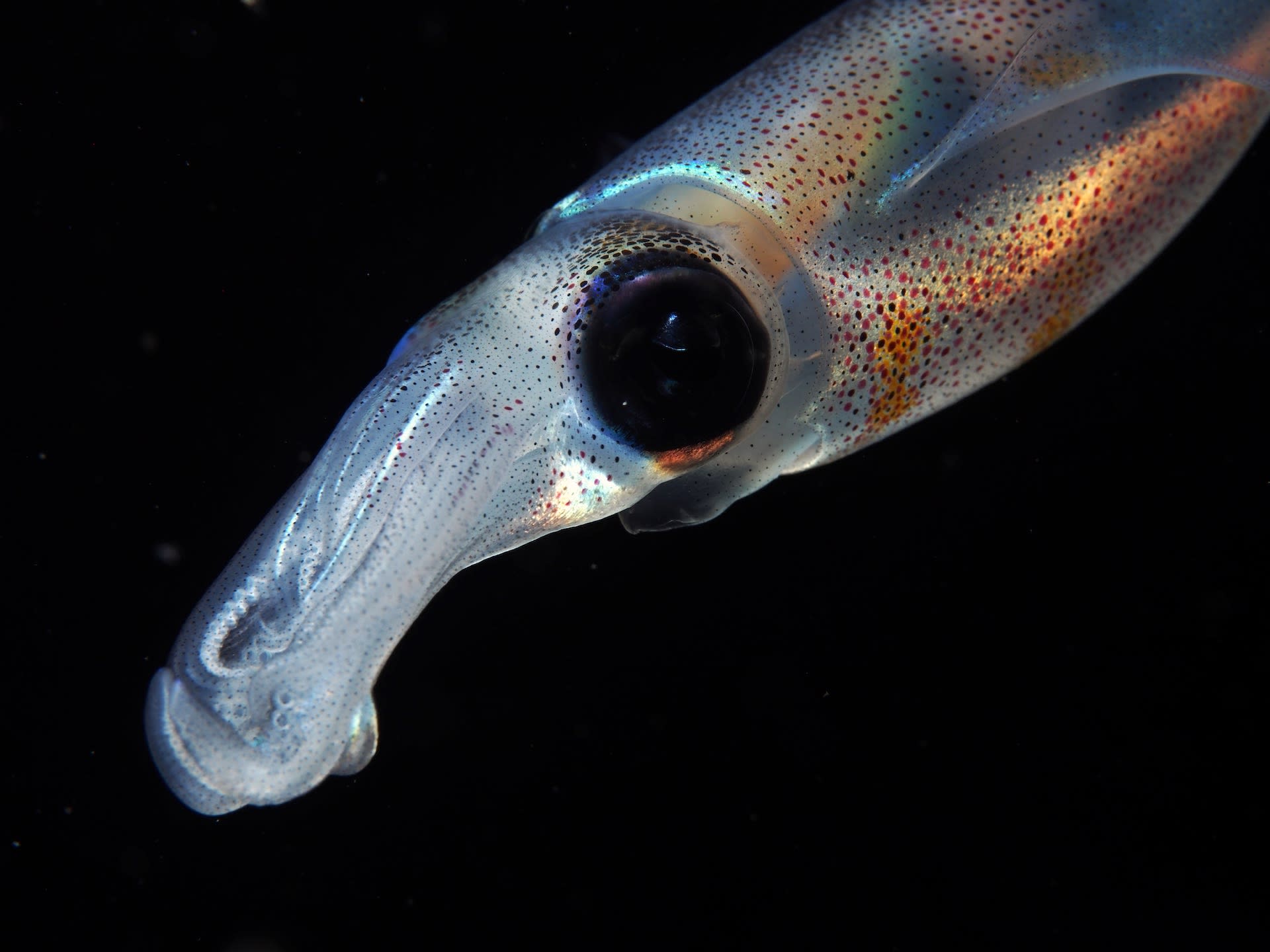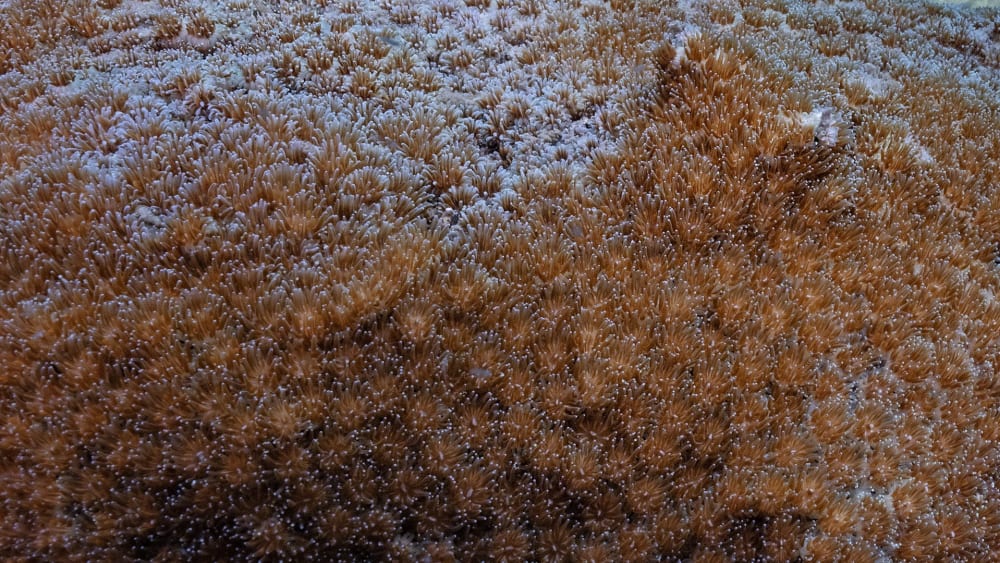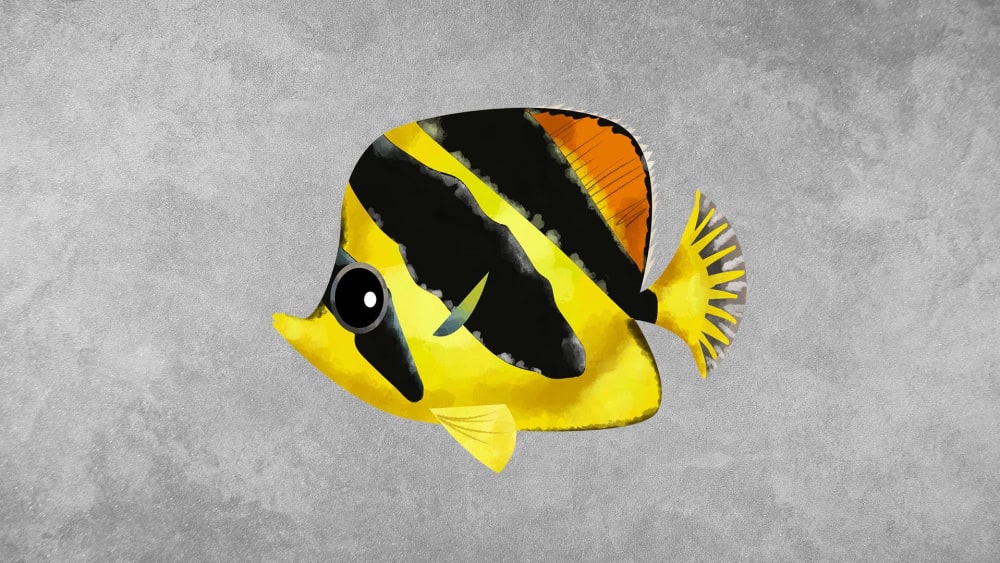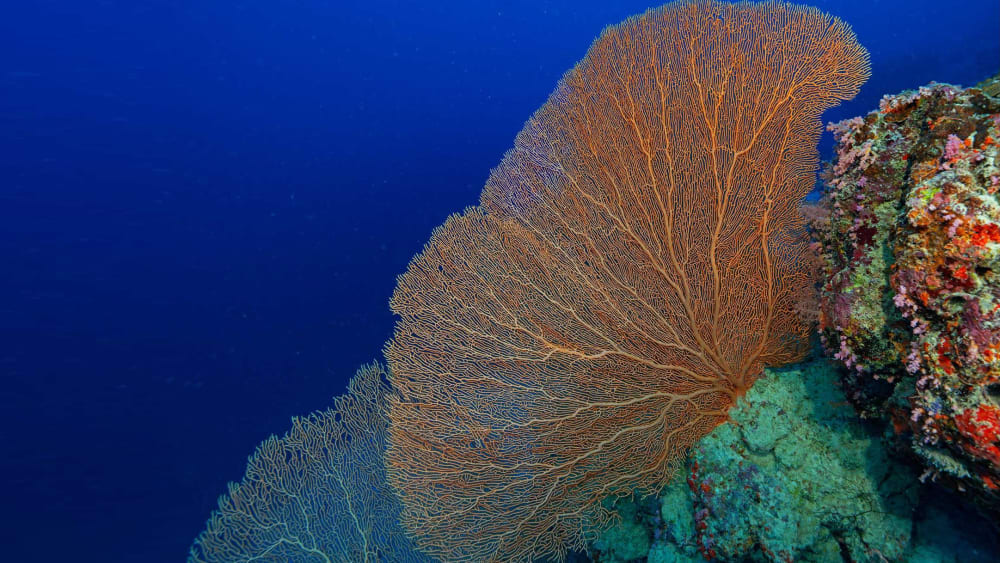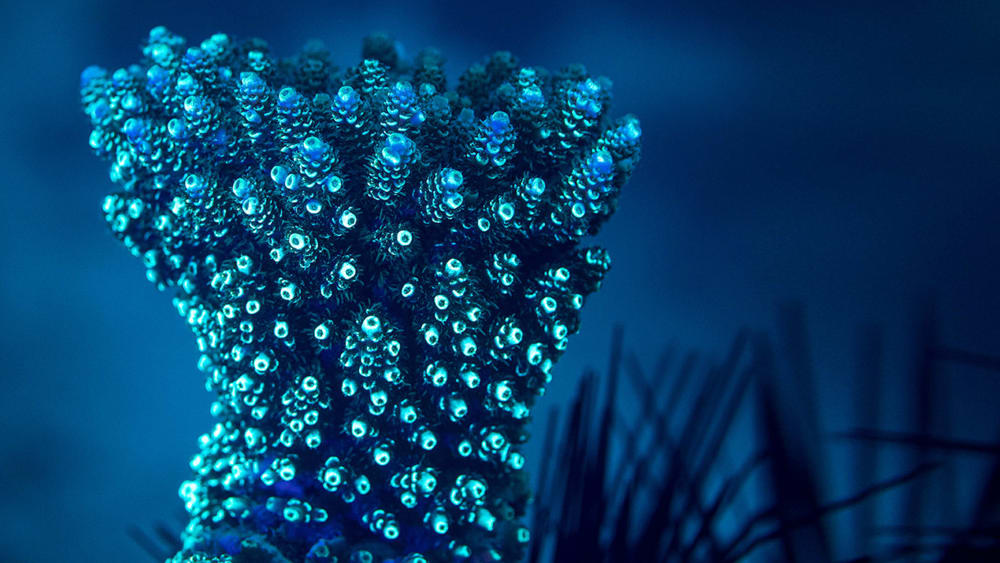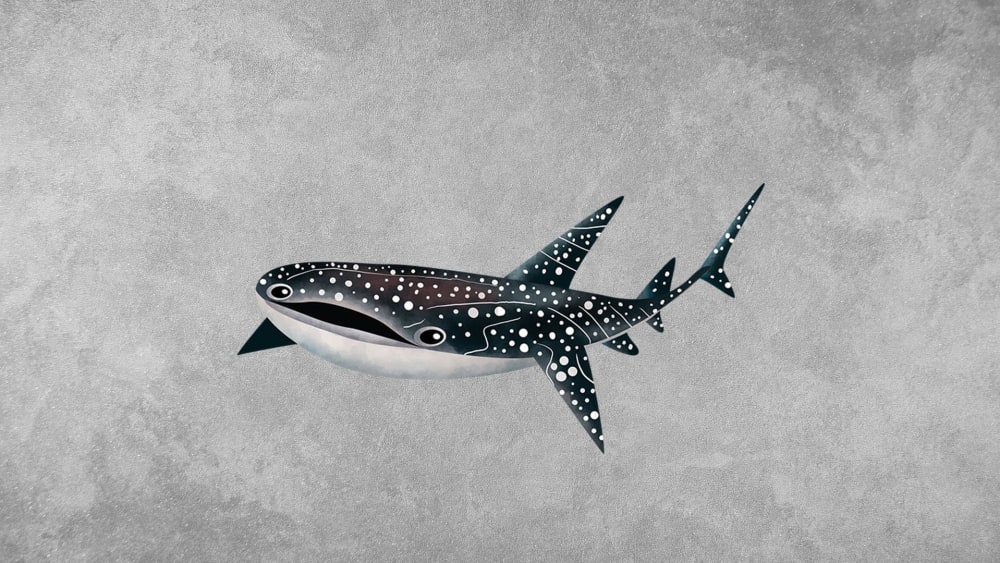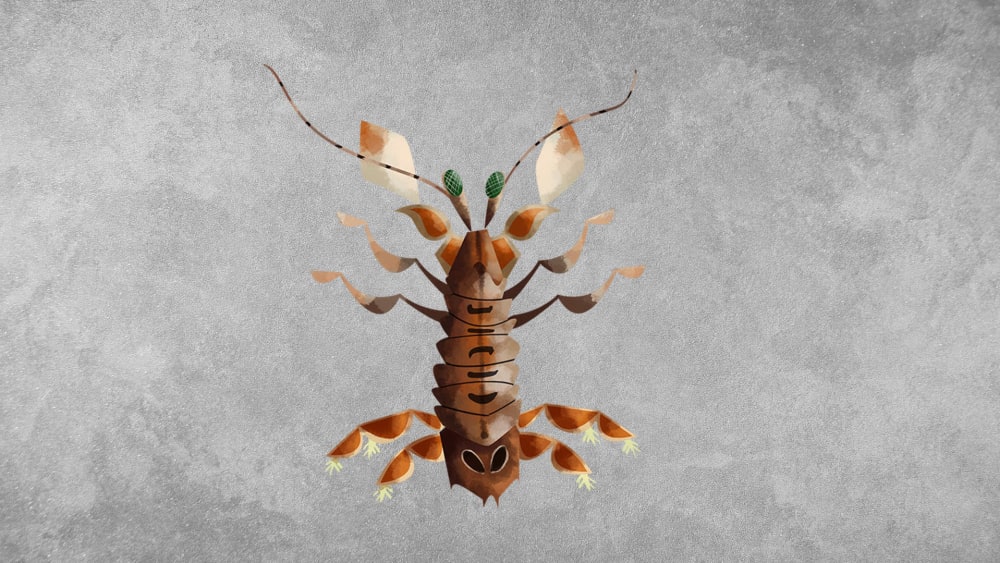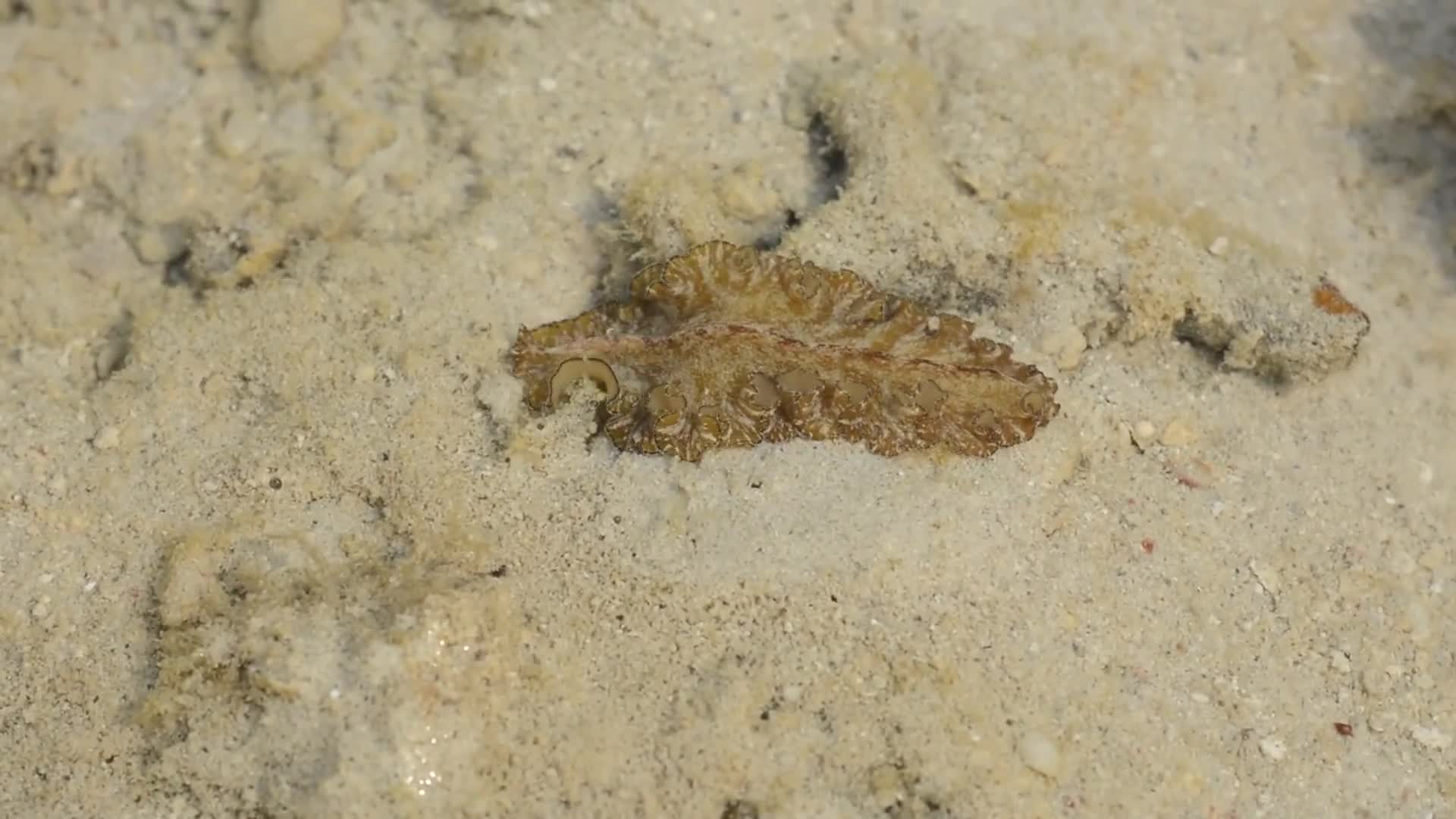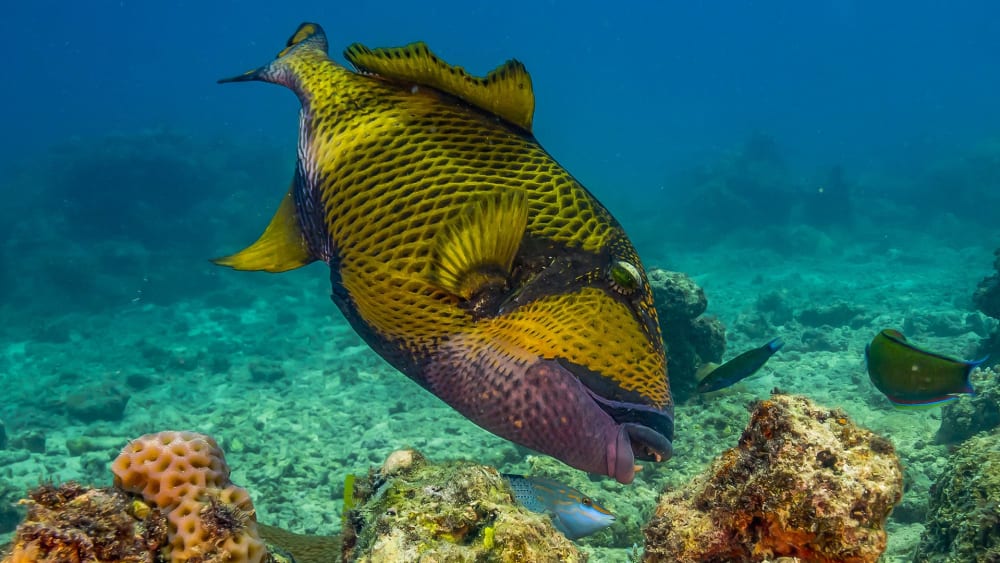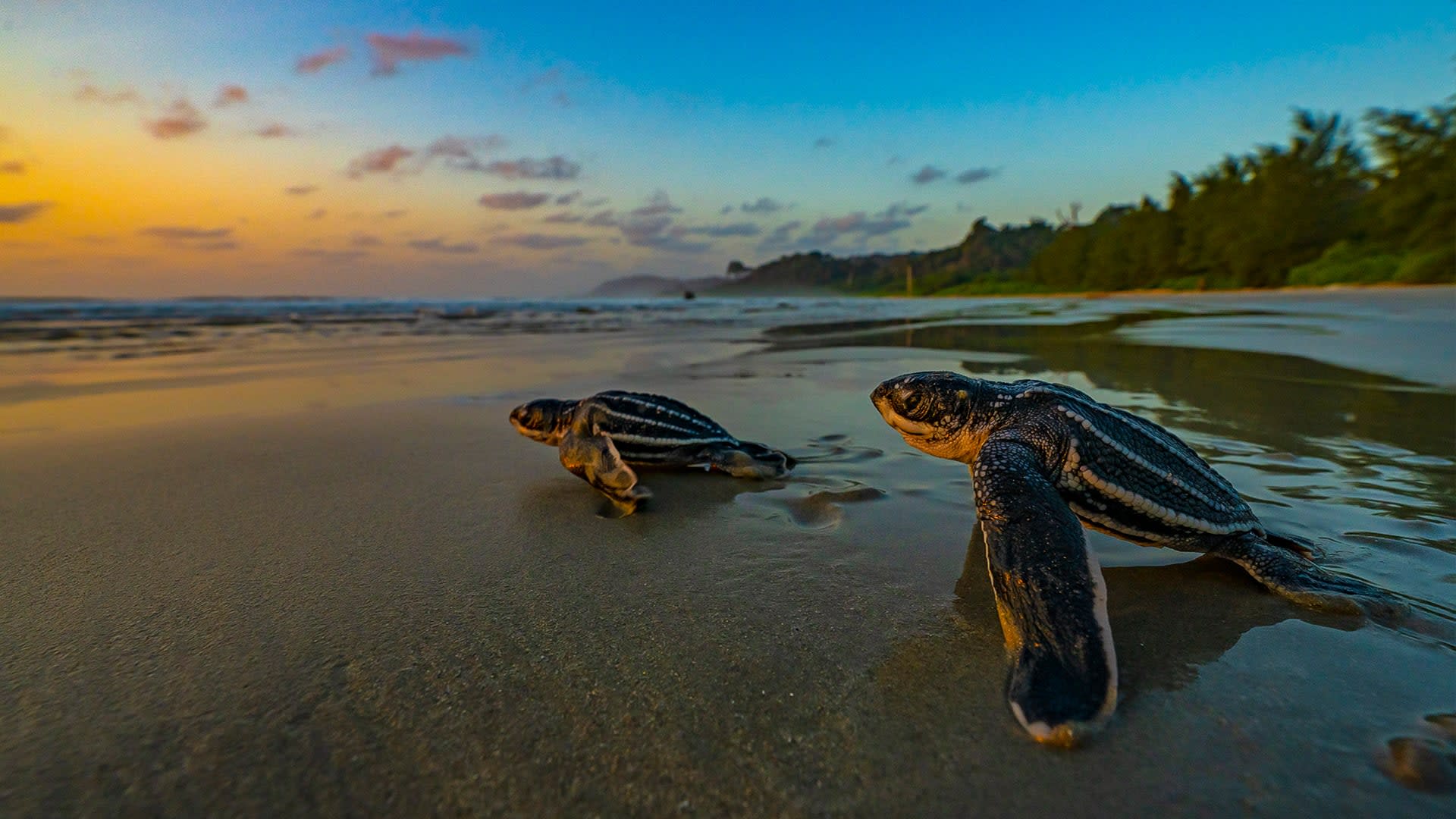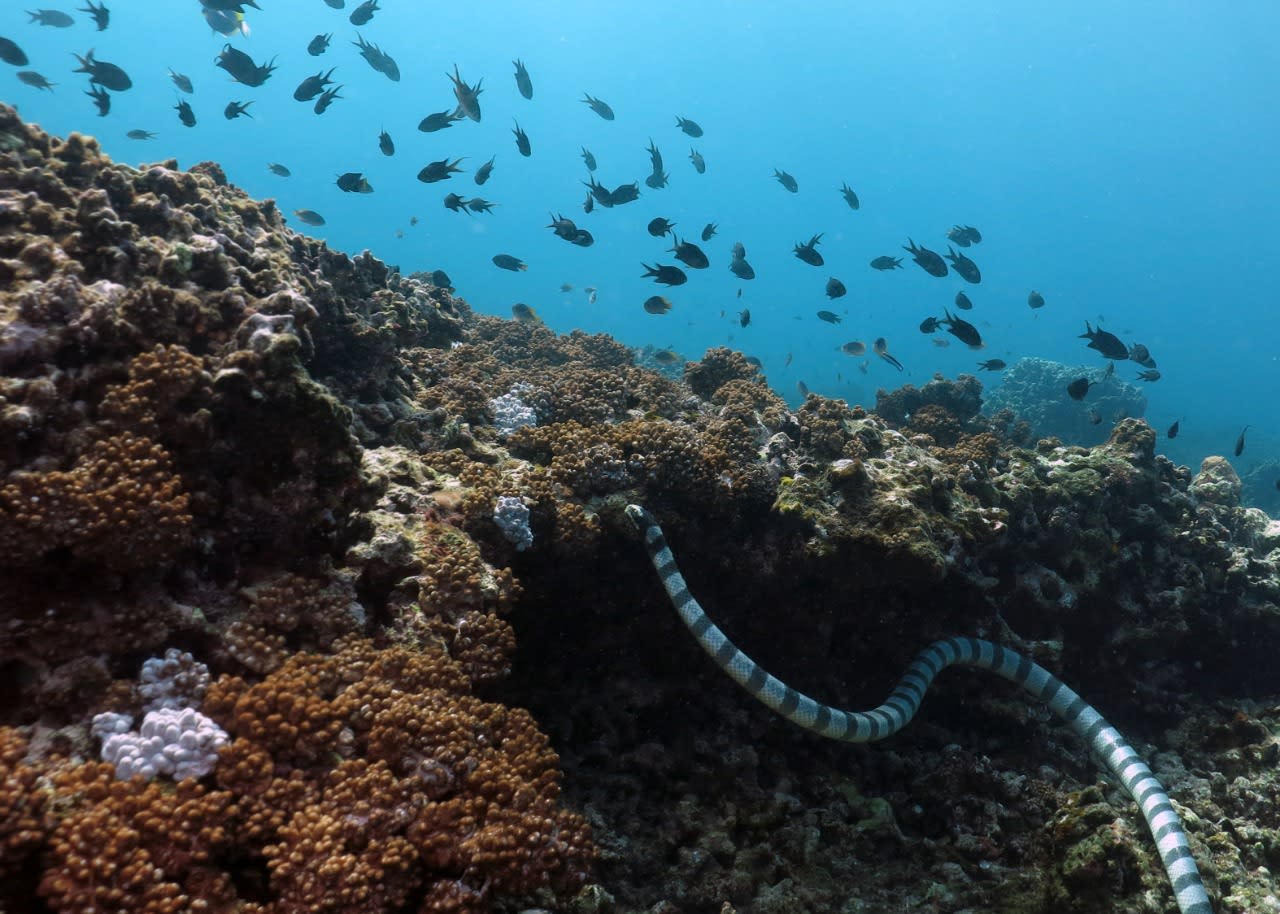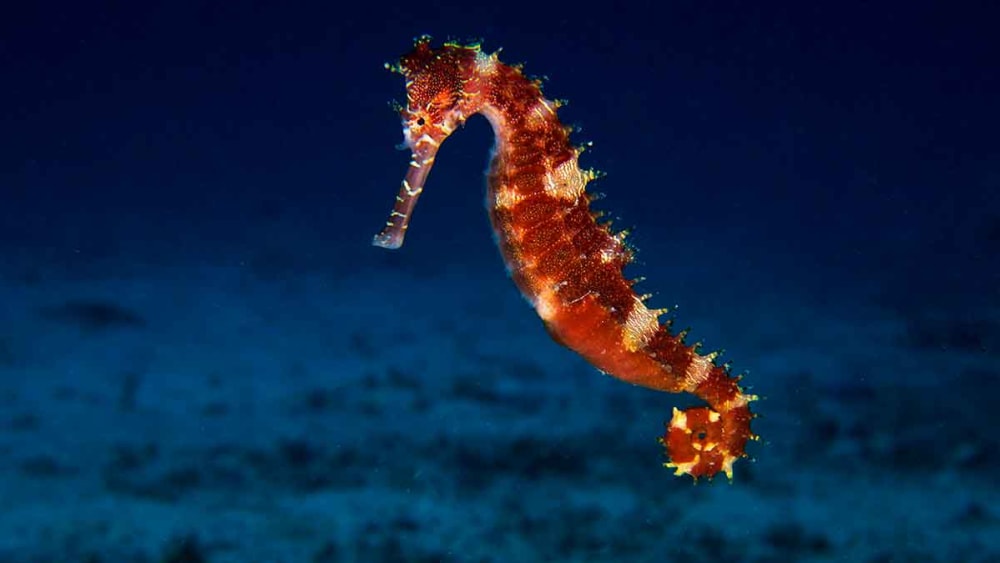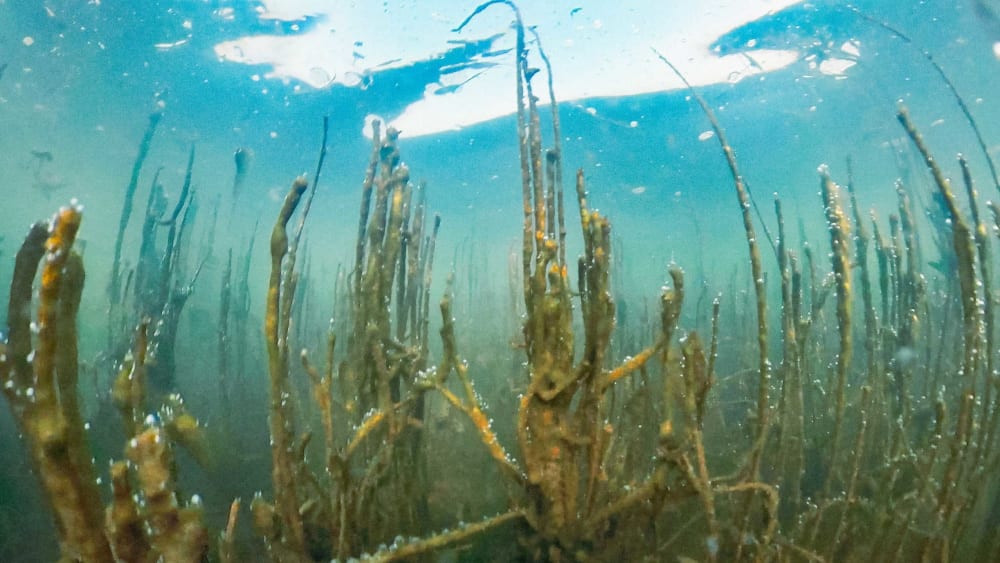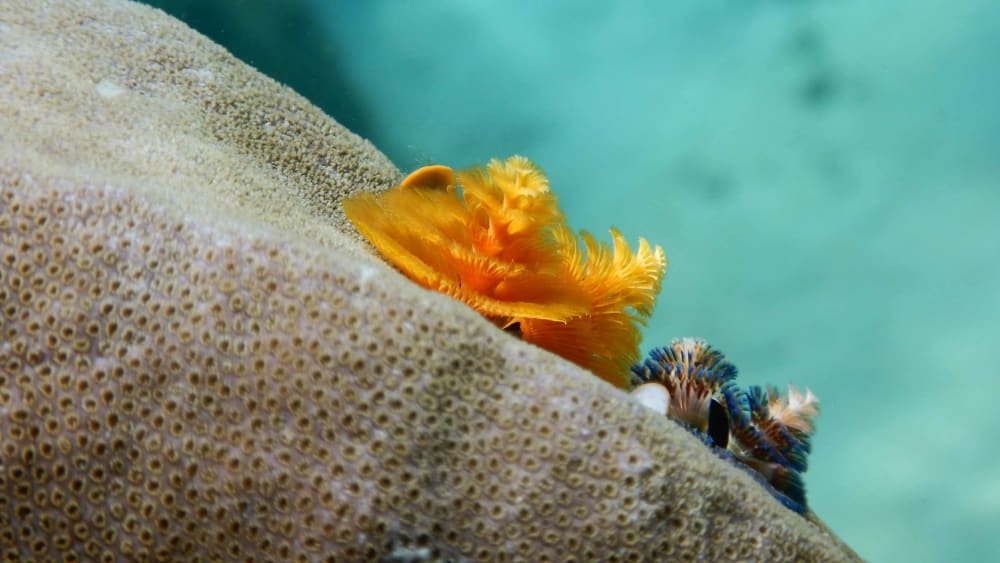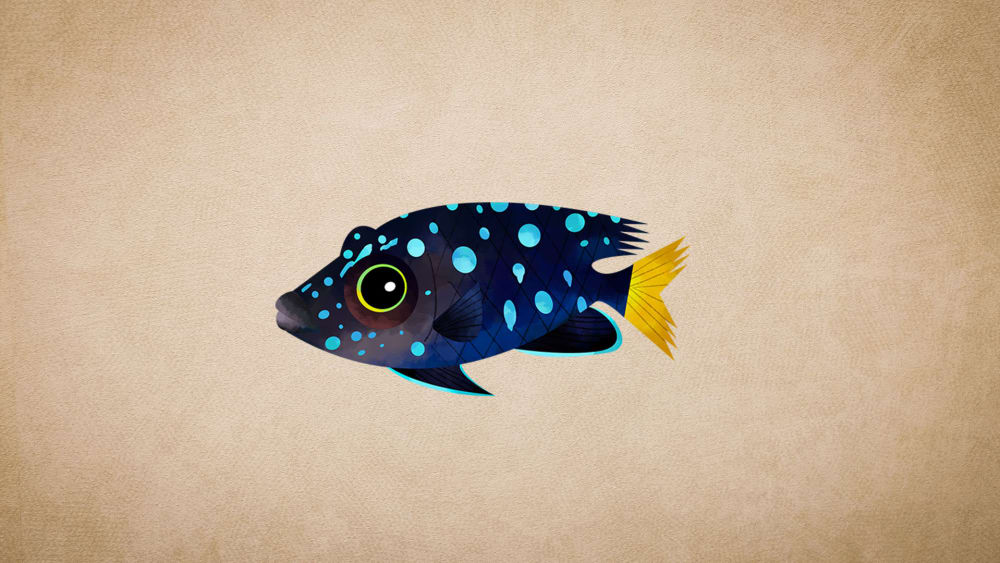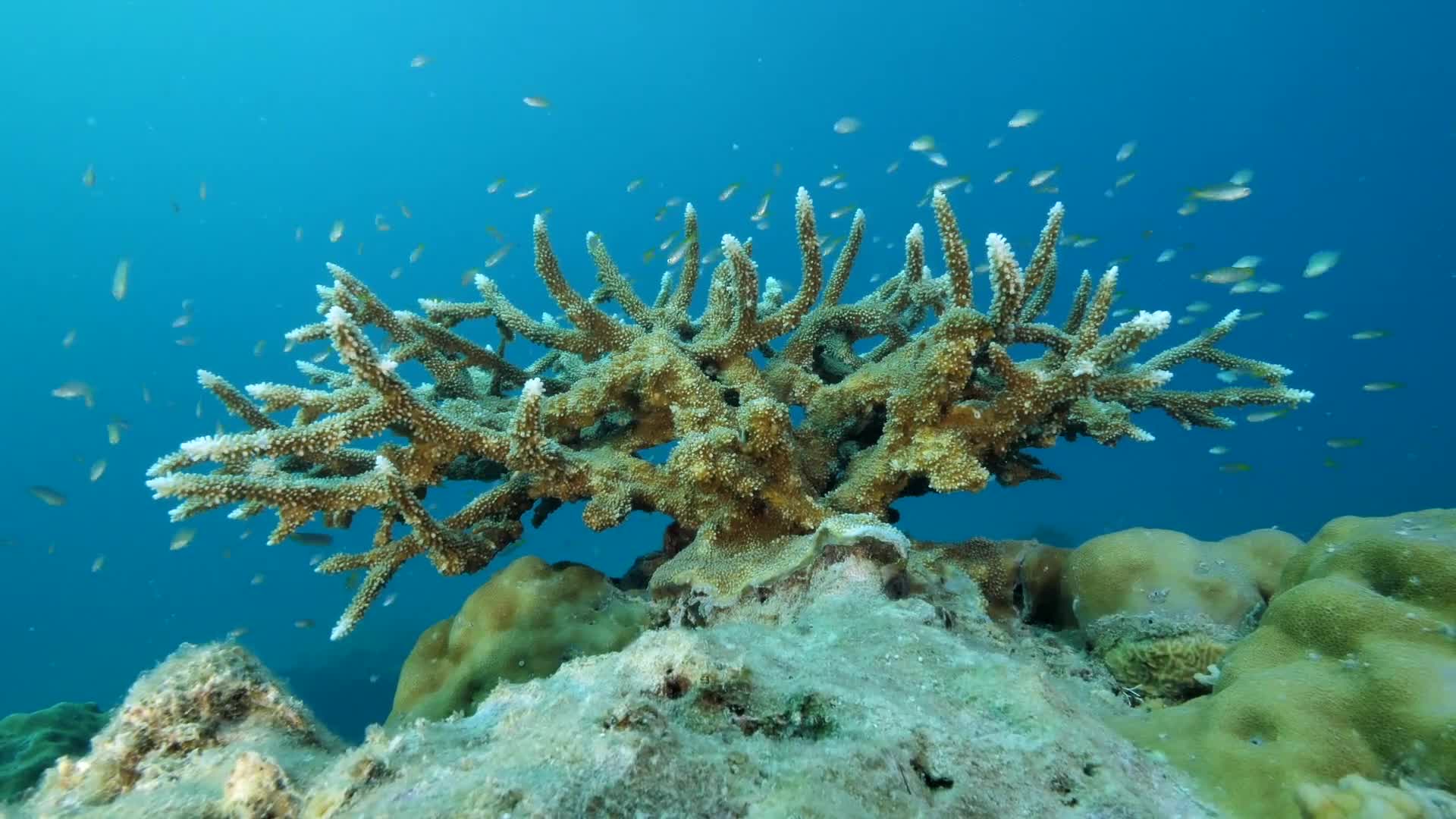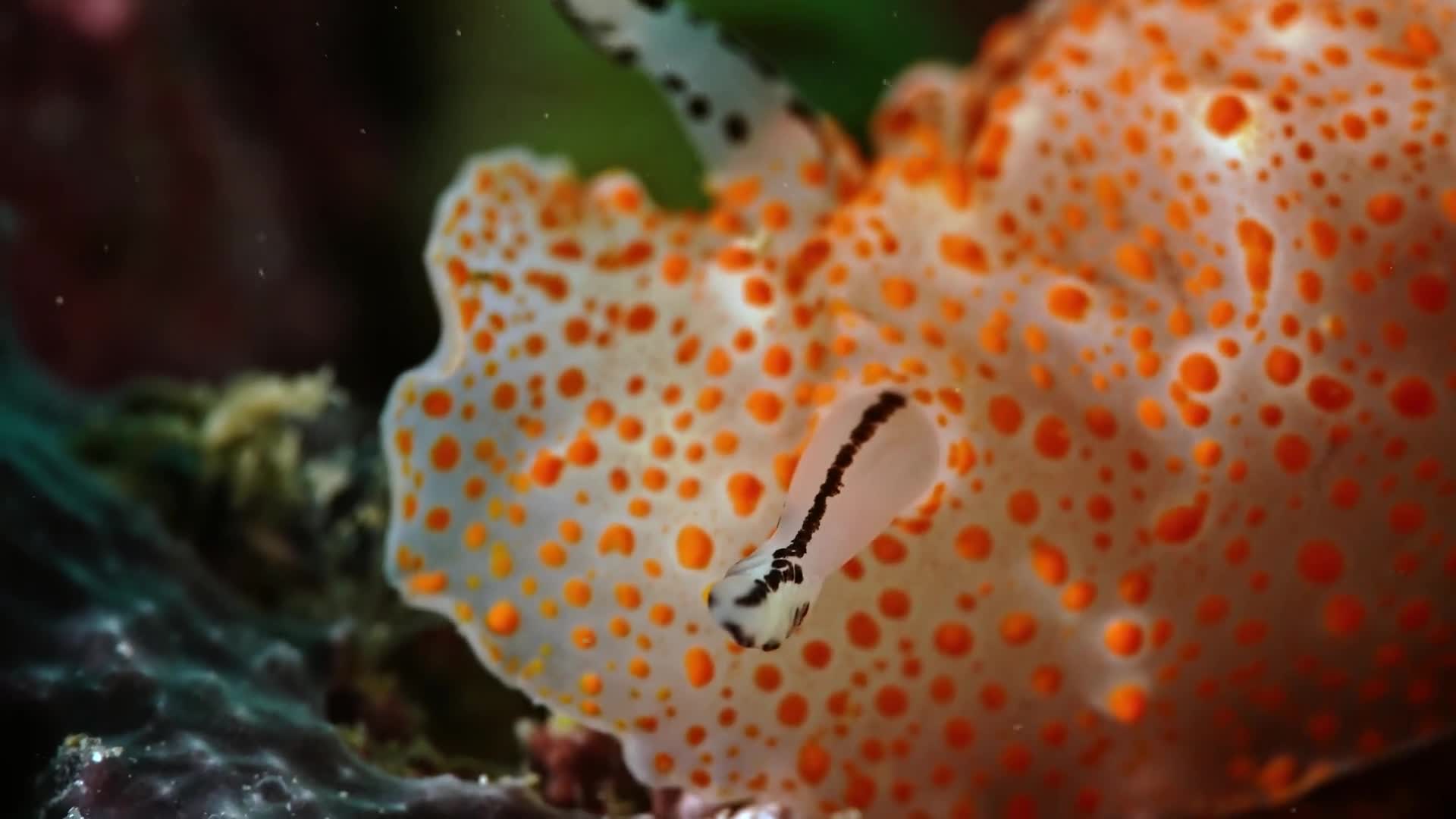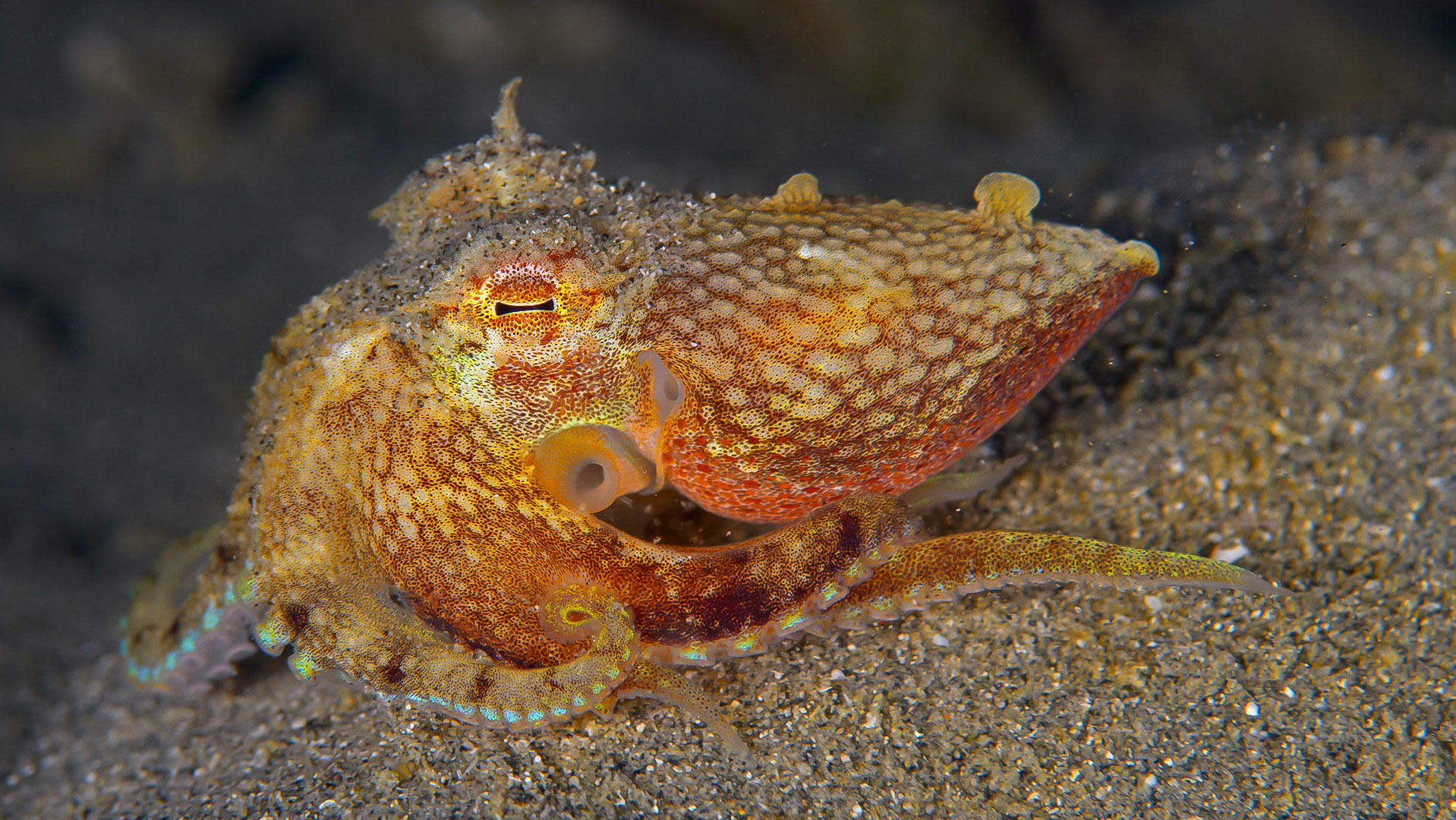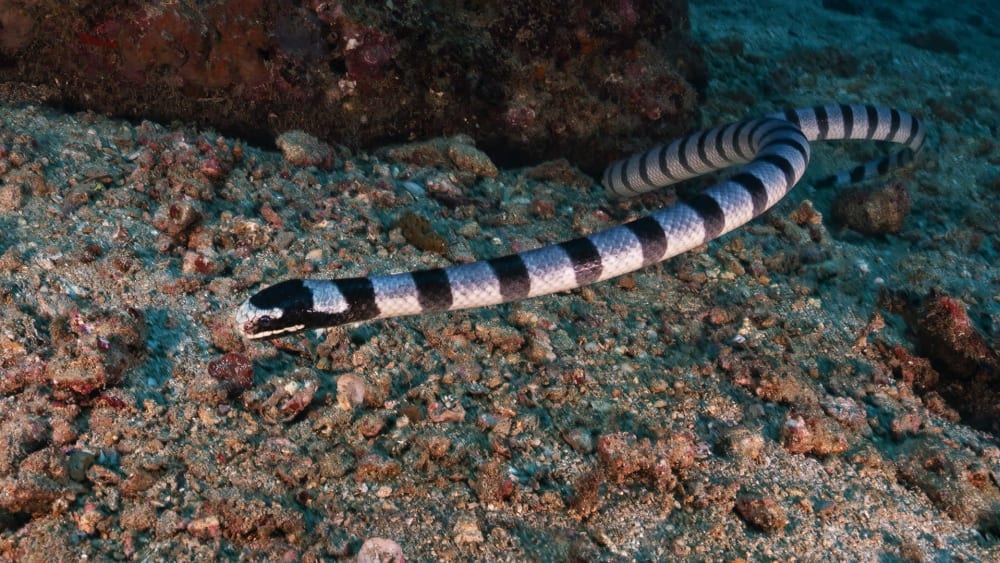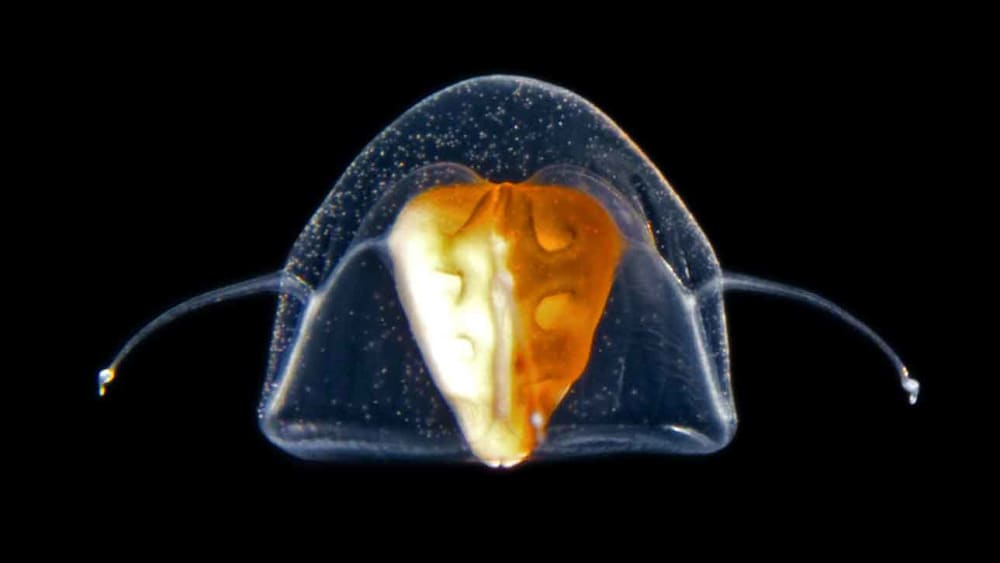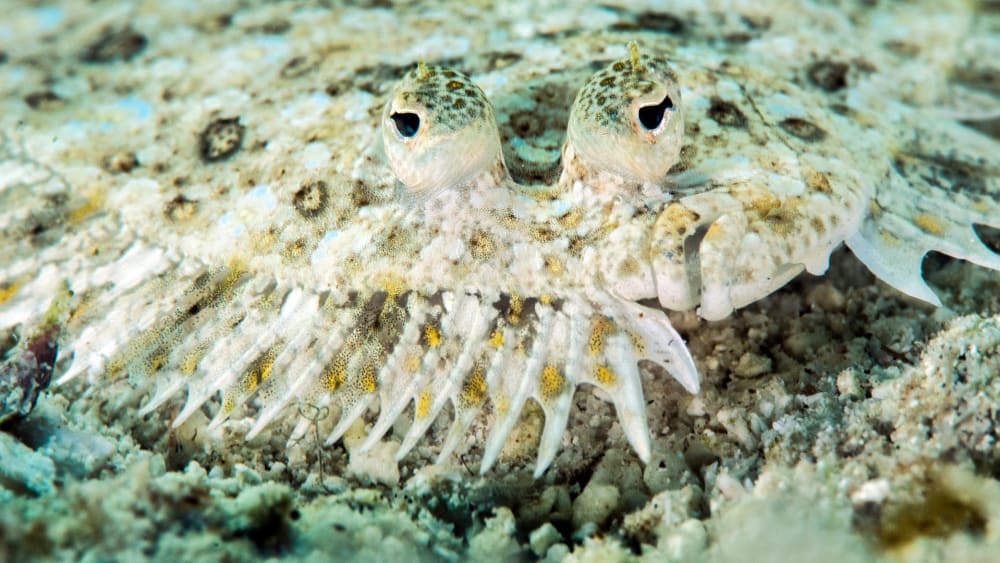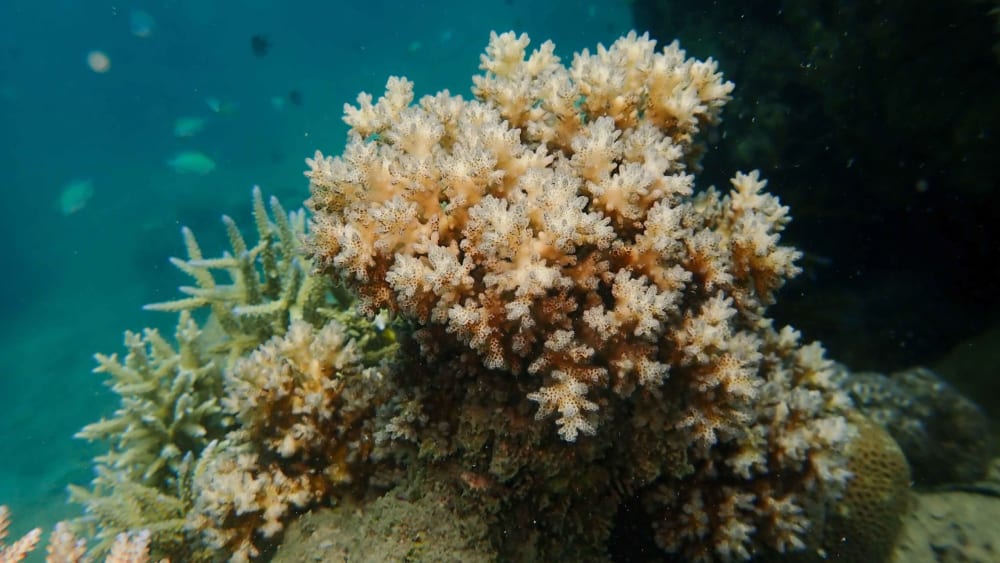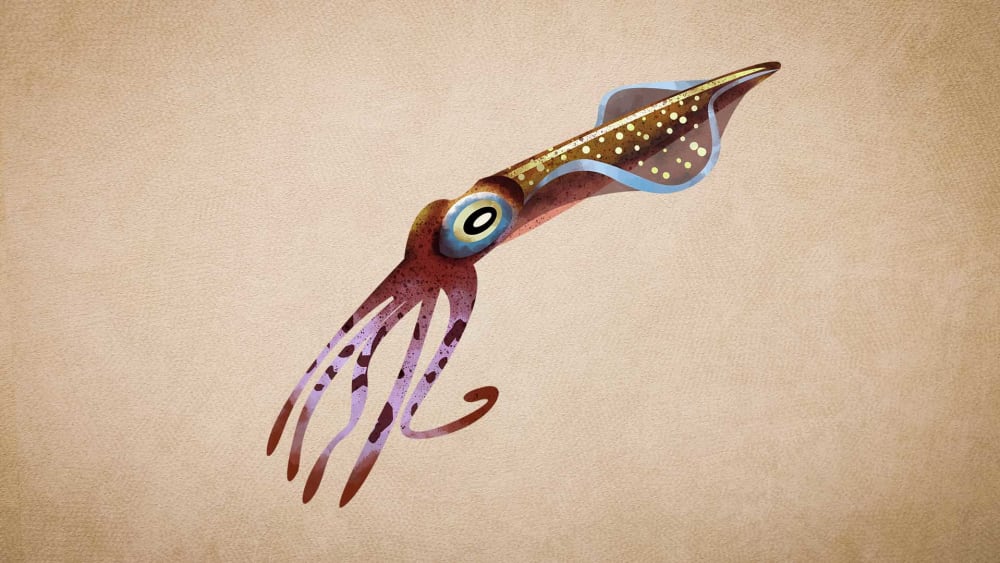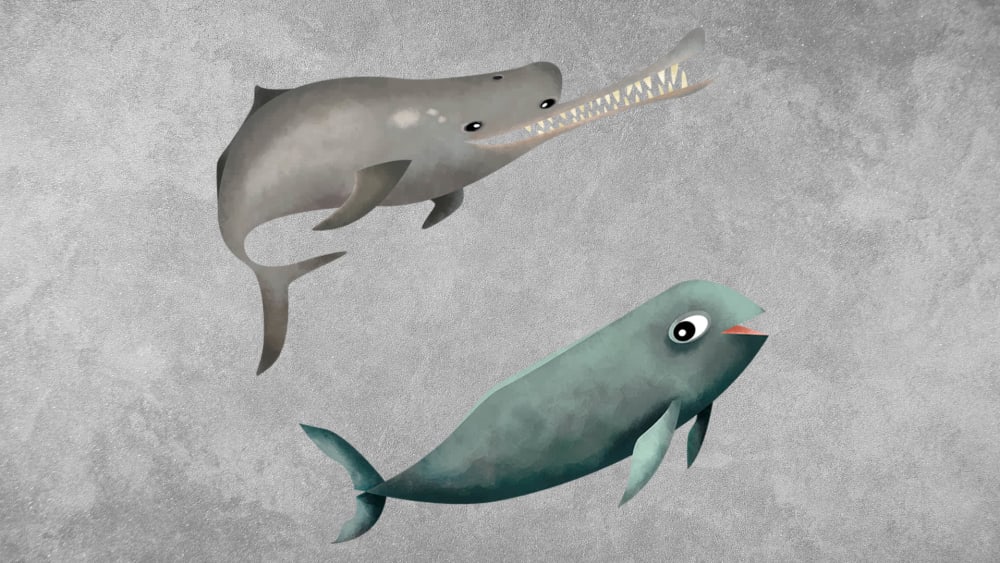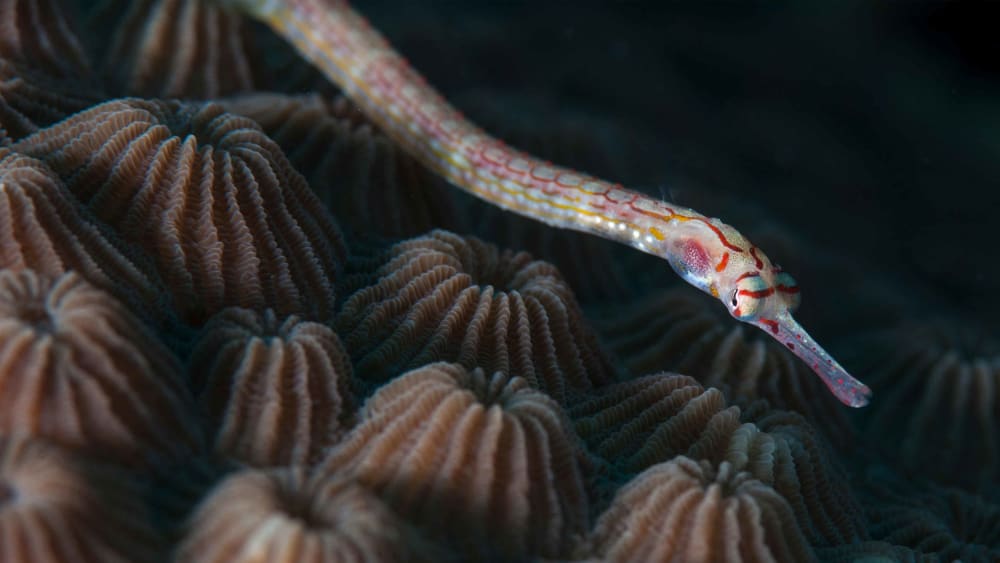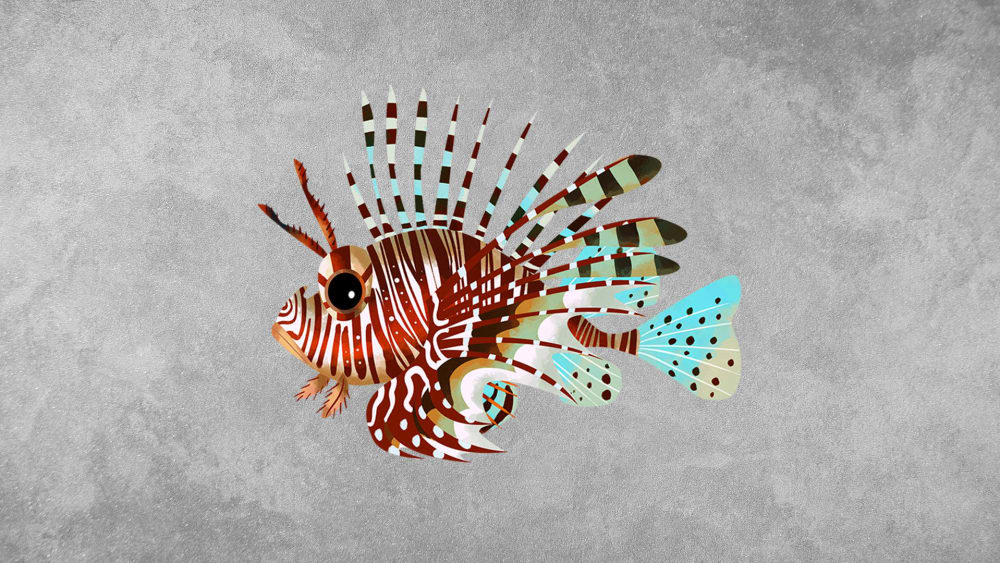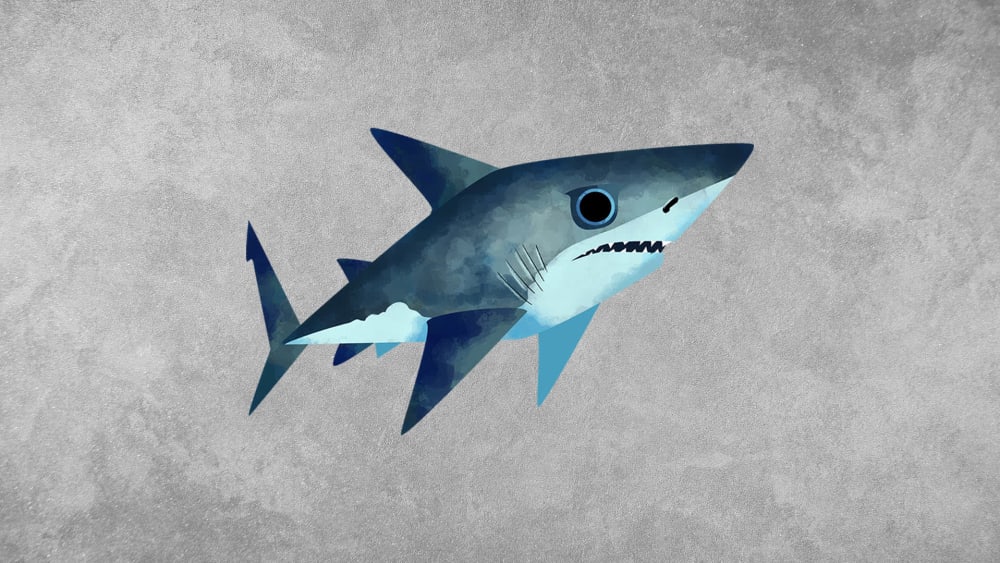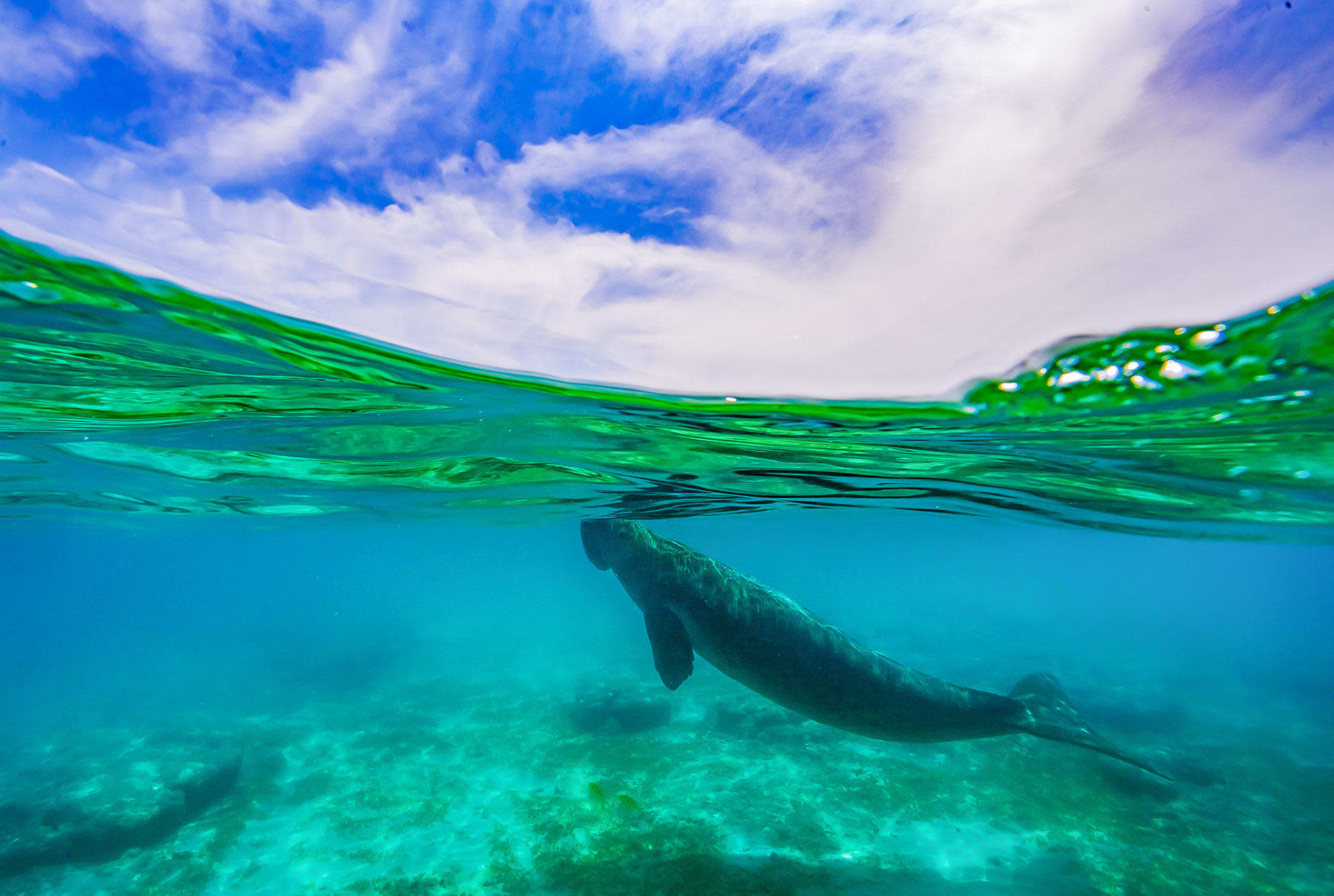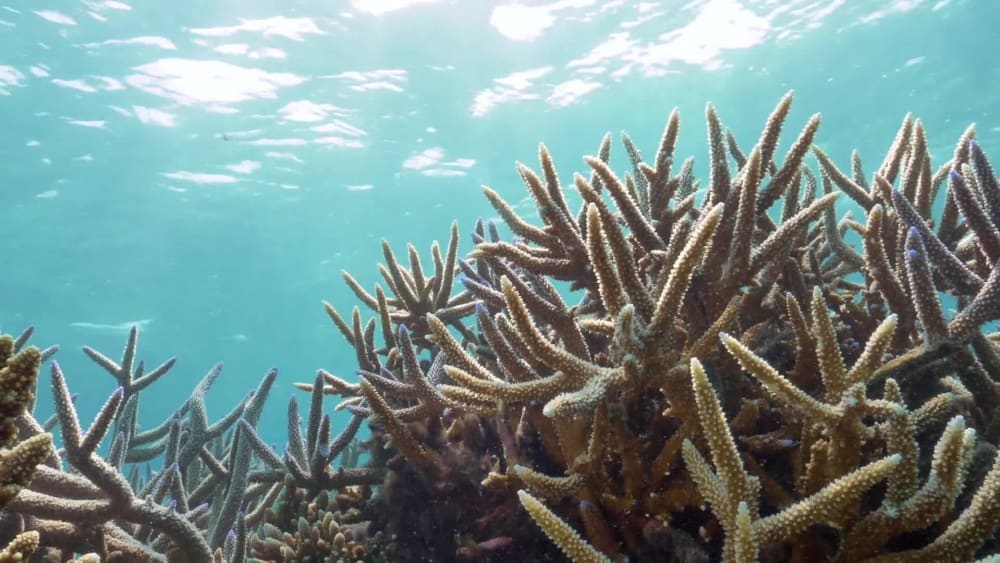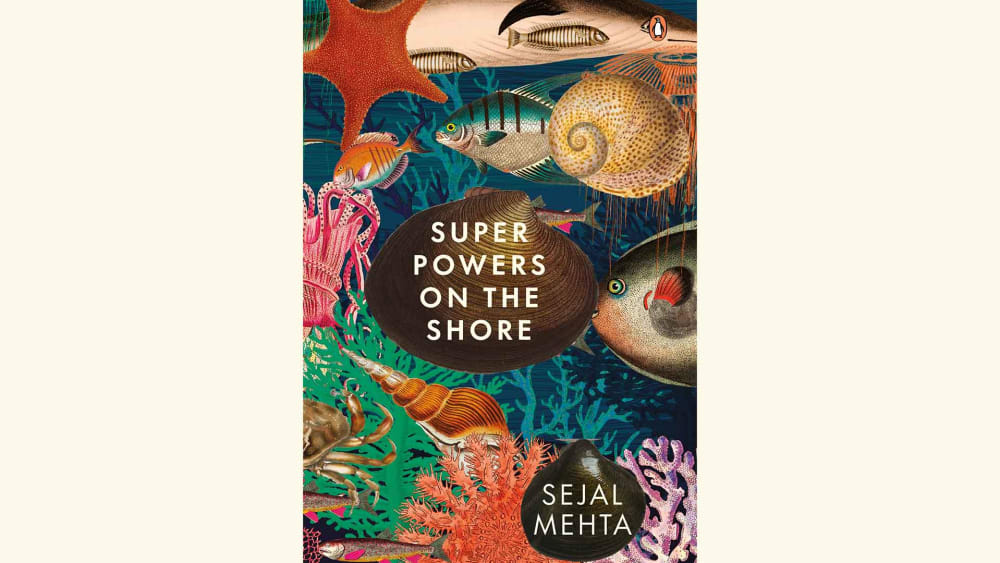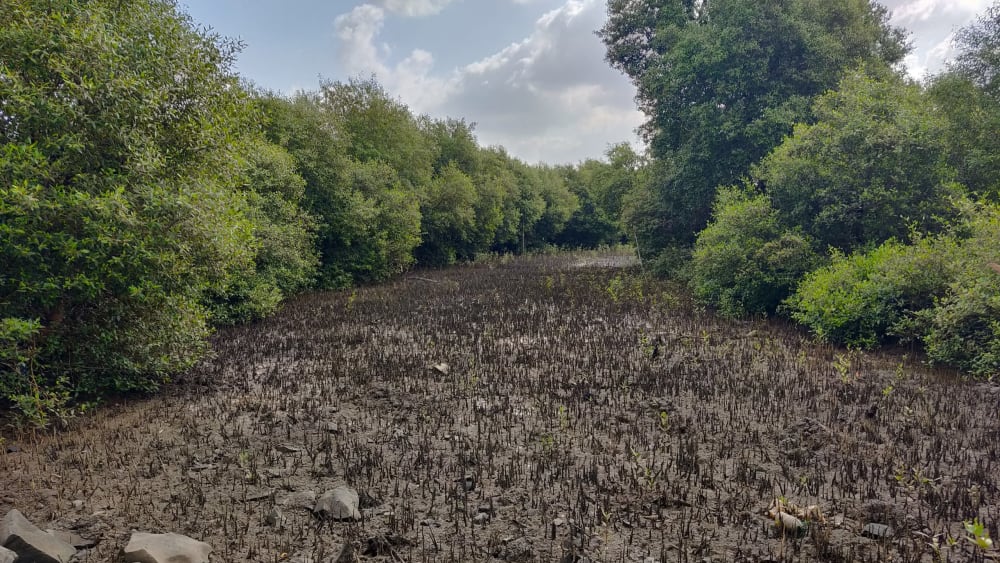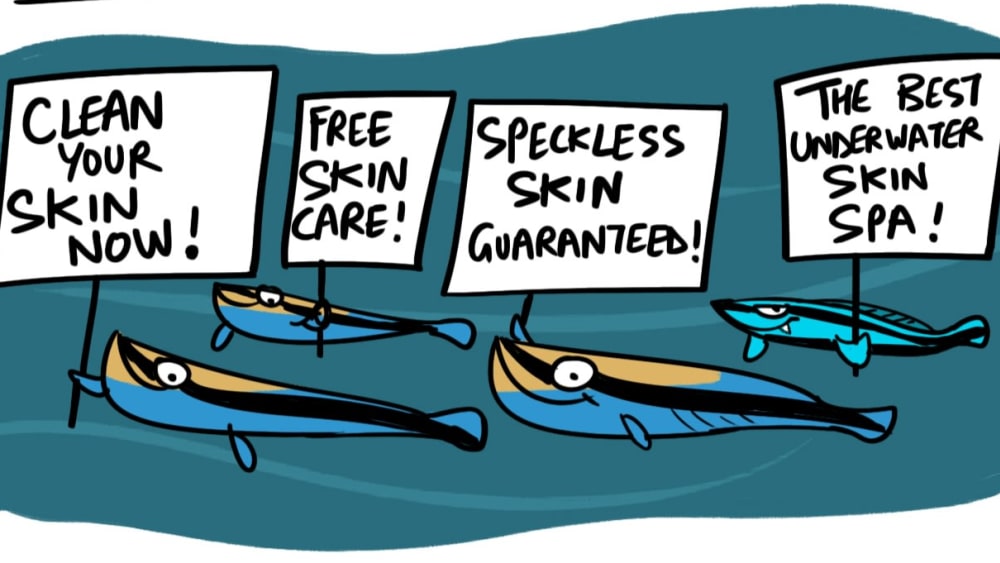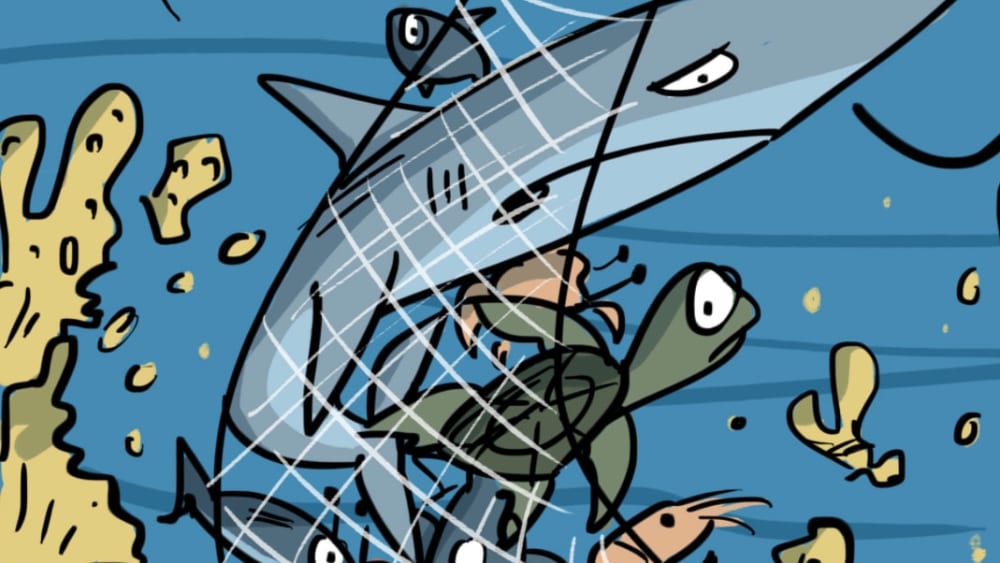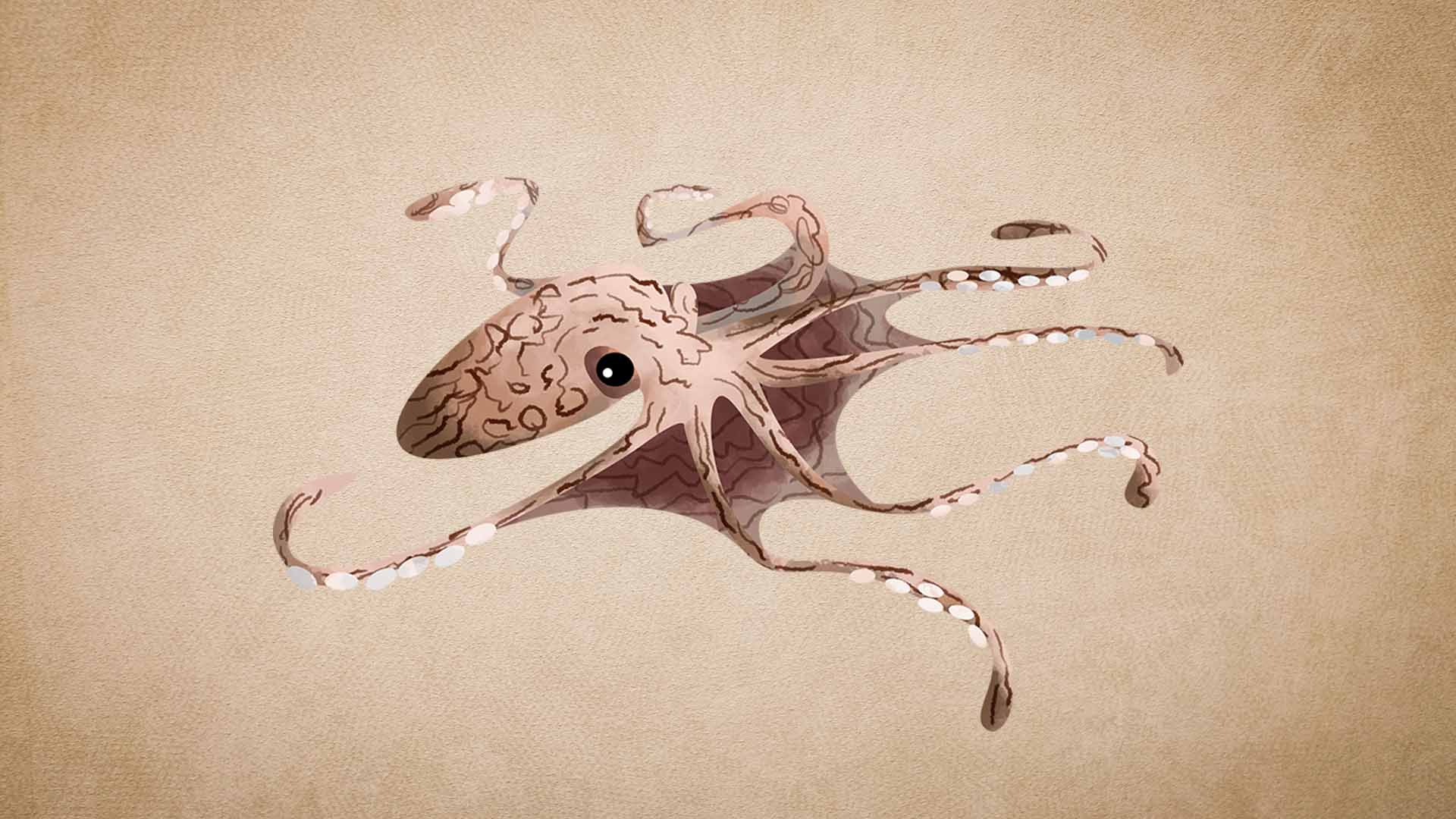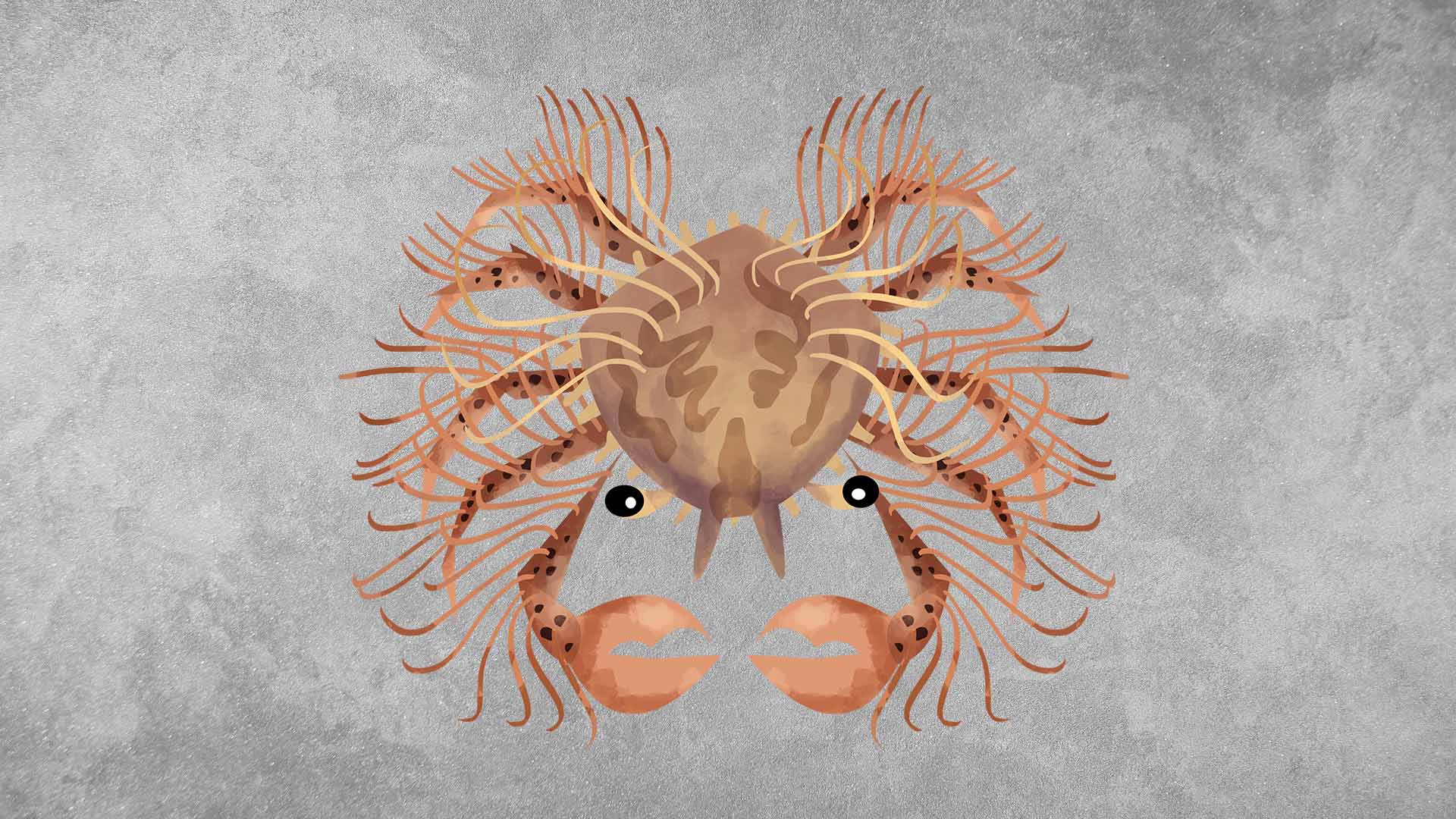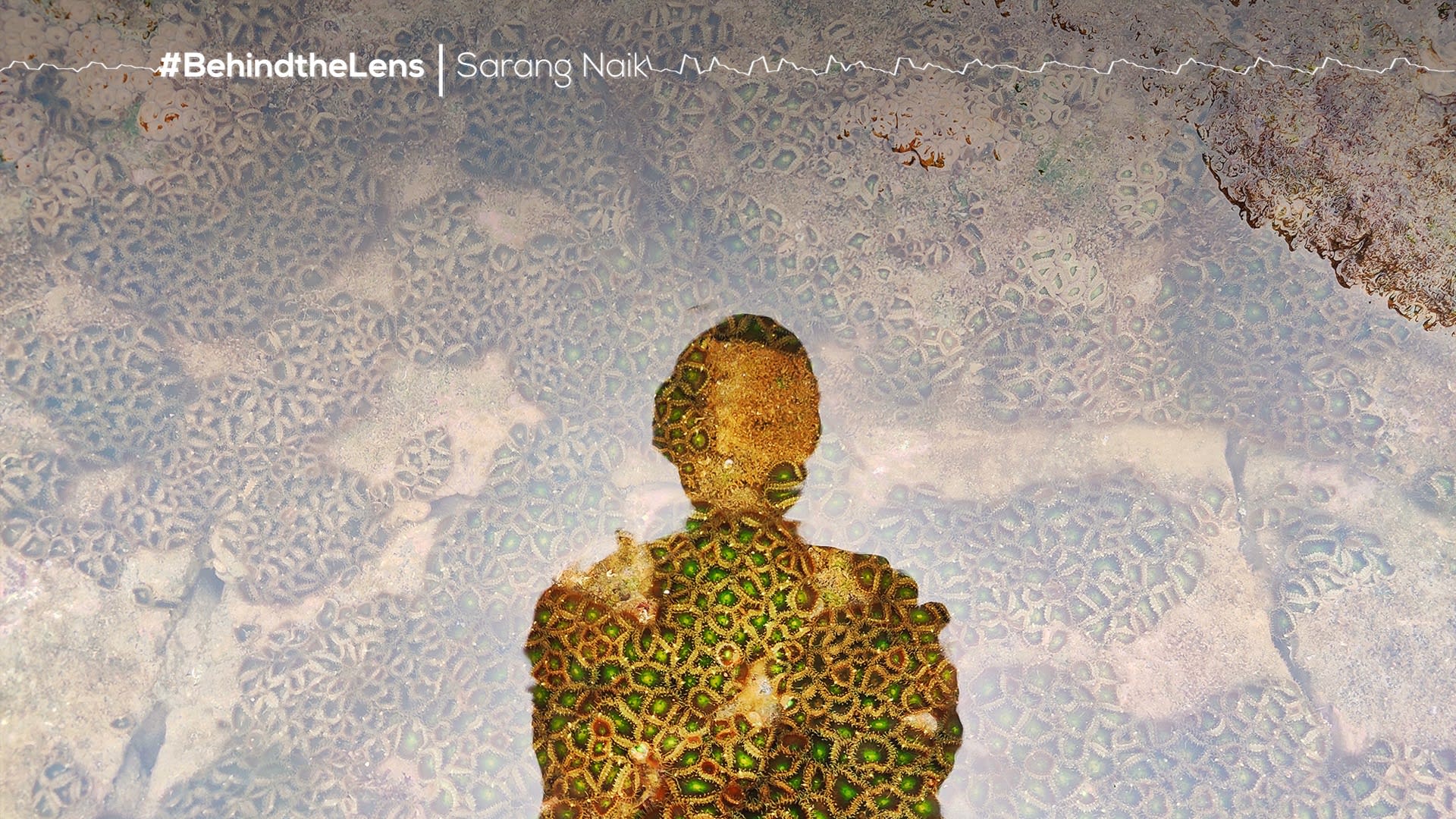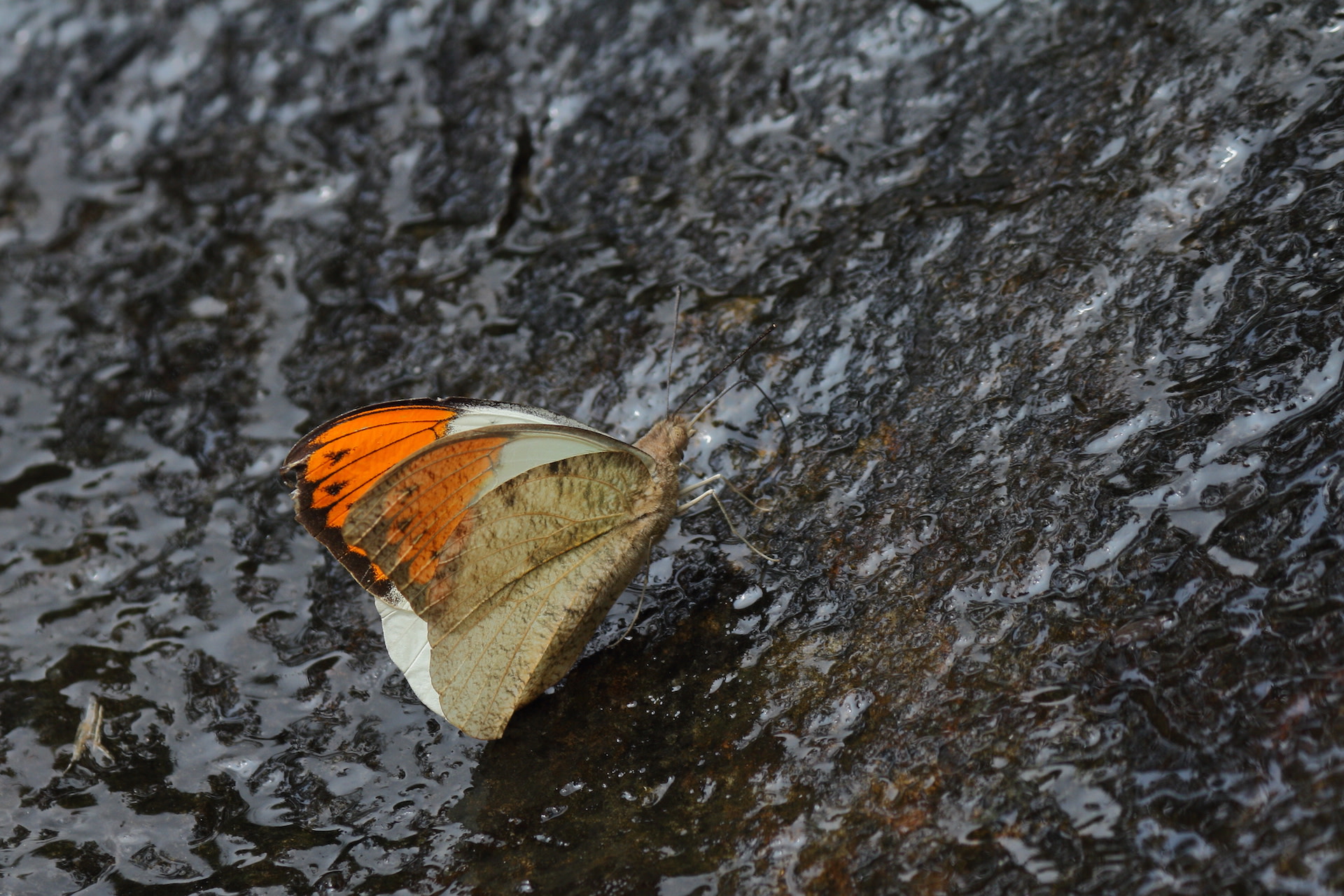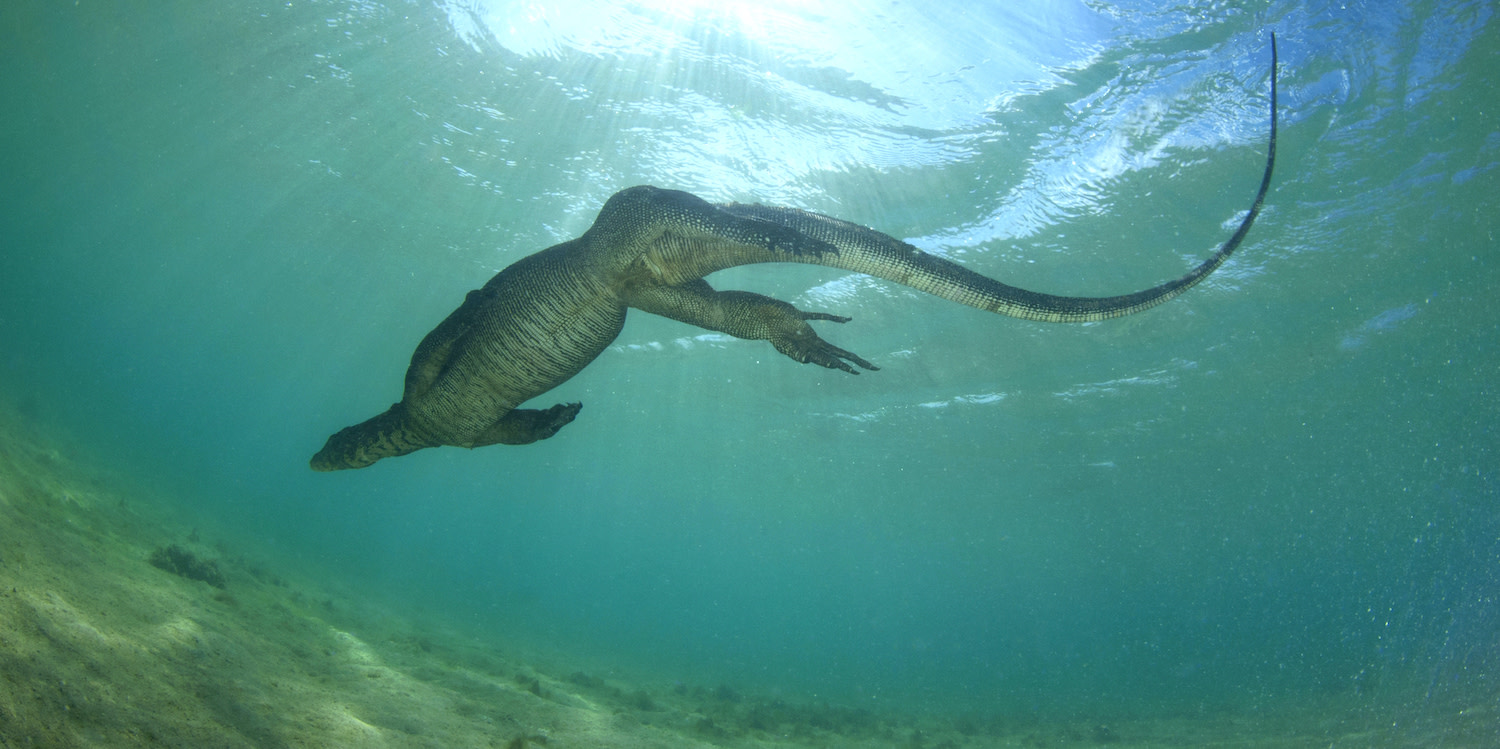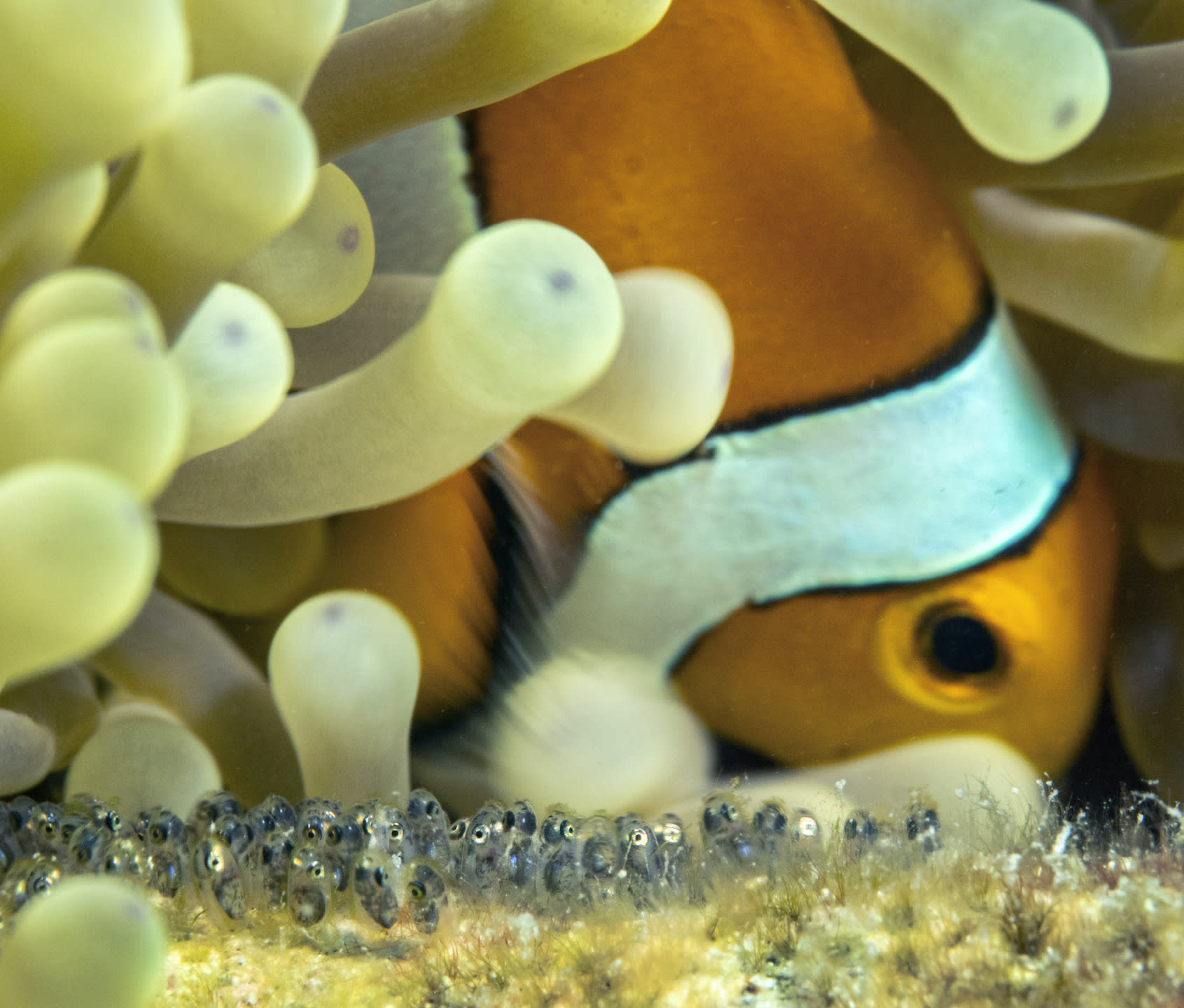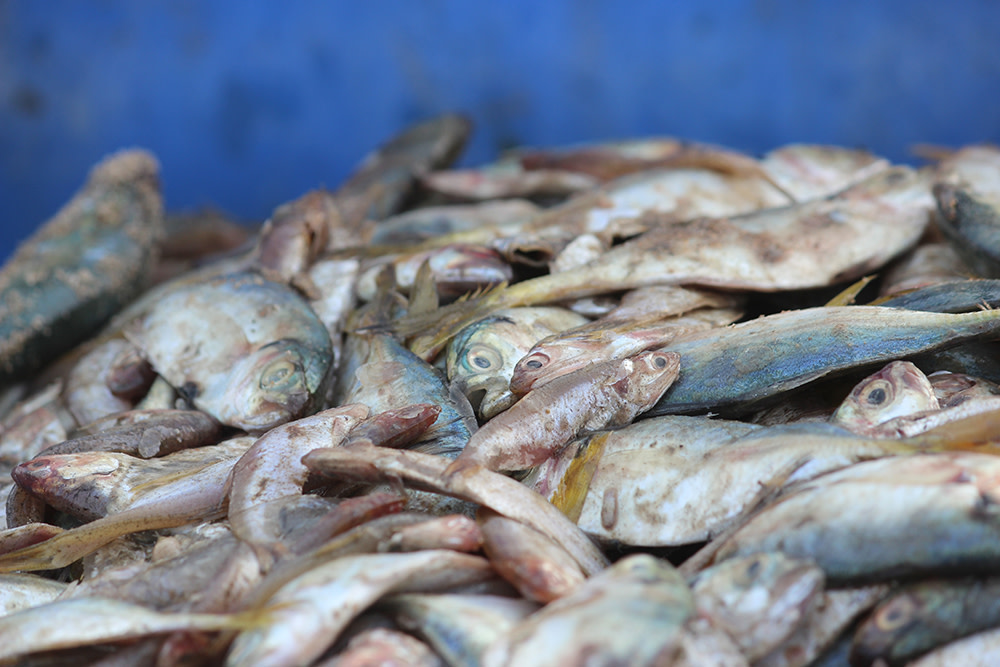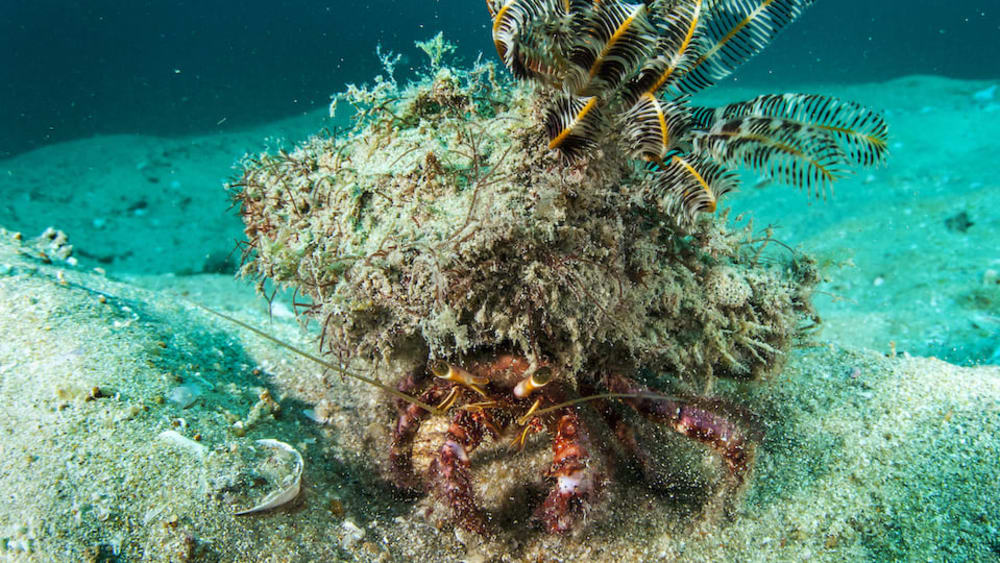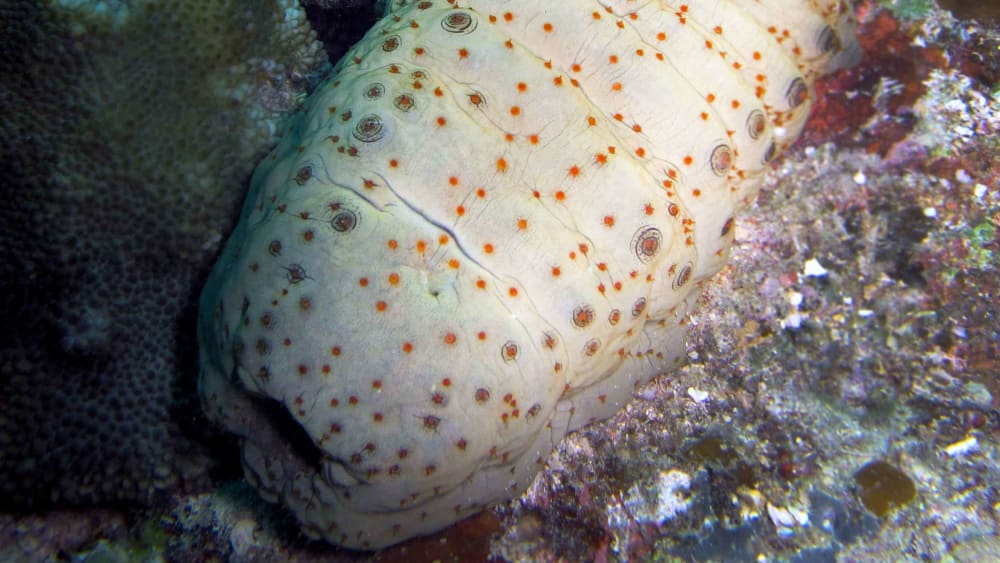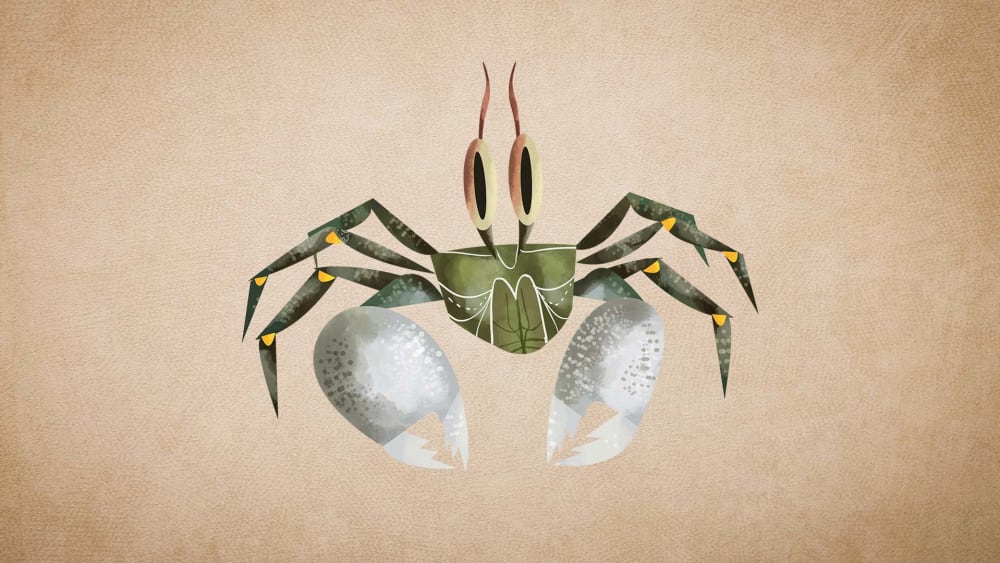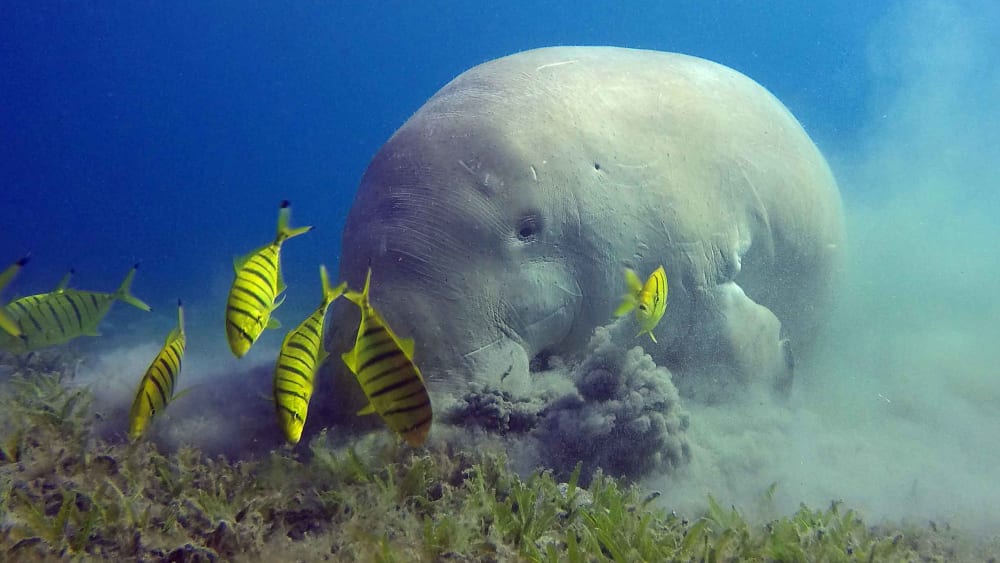Marine
What is a Marine Ecosystem?
The marine ecosystem covers all ocean and coastal life. From coral reefs and seagrass meadows to mangroves and open sea, it is defined by the presence of saltwater and the diverse life forms specially adapted to live in or near it. Covering over 70 per cent of Earth’s surface, it supports an immense diversity of life.
What Does India’s Coastline Look Like?
India’s coastline stretches over 7,500 km, touching nine coastal states and two island territories. This long shoreline—ranging from sandy beaches to rocky shores, intertidal zones, estuaries, and coral reefs—creates marine ecosystems for thousands of species and supports millions of people through fisheries and coastal livelihoods.
India’s Richest Marine Ecosystems: Atolls, Reefs, Seagrass Meadows
The Gulf of Mannar, off Tamil Nadu, is one of India’s richest marine zones, home to over 3600 species, including corals, reef fish, sea cucumbers, dugongs, and molluscs. Its seagrass meadows are especially vital for the dugong, a shy herbivorous marine mammal.
In the Lakshadweep Islands, atoll reefs support vibrant coral communities, reef fish, and invertebrates, and serve as natural shields against coastal erosion. The Andaman and Nicobar Islands, meanwhile, host fringing and deeper reefs frequented by dolphins, manta rays, and even blue whales.
Along the eastern coast, Gahirmatha Marine Sanctuary in Odisha is globally significant as the largest nesting site for olive ridley turtles, where thousands arrive each year in mass nesting events called arribadas.
How is the Climate Crisis Affecting Oceans?
Yet India’s marine ecosystems face mounting threats. Ocean warming has caused repeated coral bleaching across the coast of India. Overfishing, plastic pollution, coastal development, and destructive bottom trawling further degrade these fragile systems.
Though often hidden from view, marine ecosystems are vital to climate regulation, food security, and biodiversity. However, they are fragile—protecting them is not just about saving marine life, but securing our shared future.


